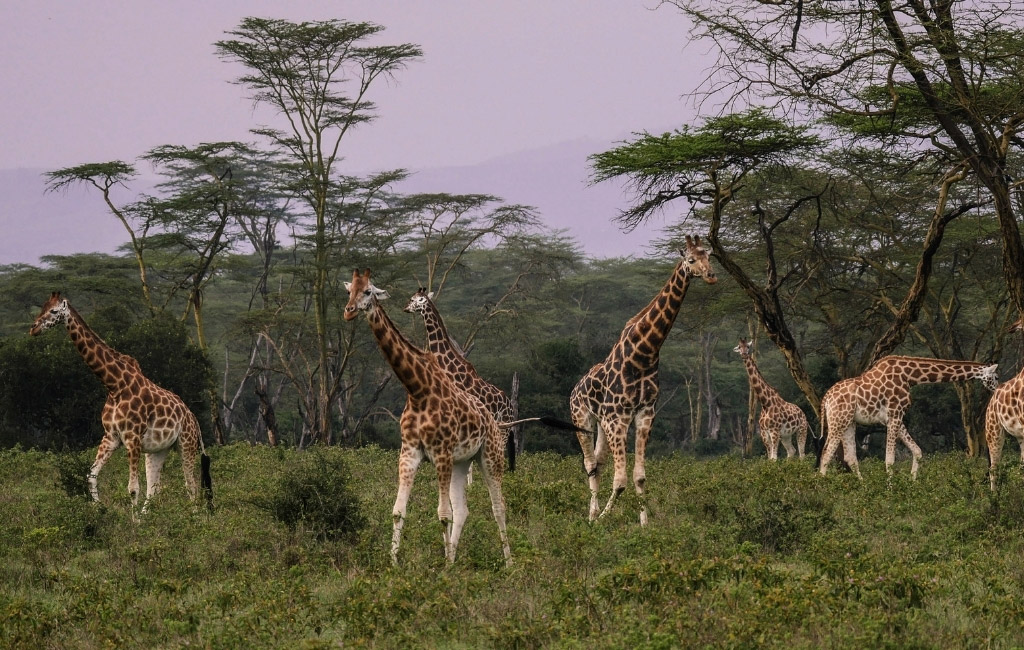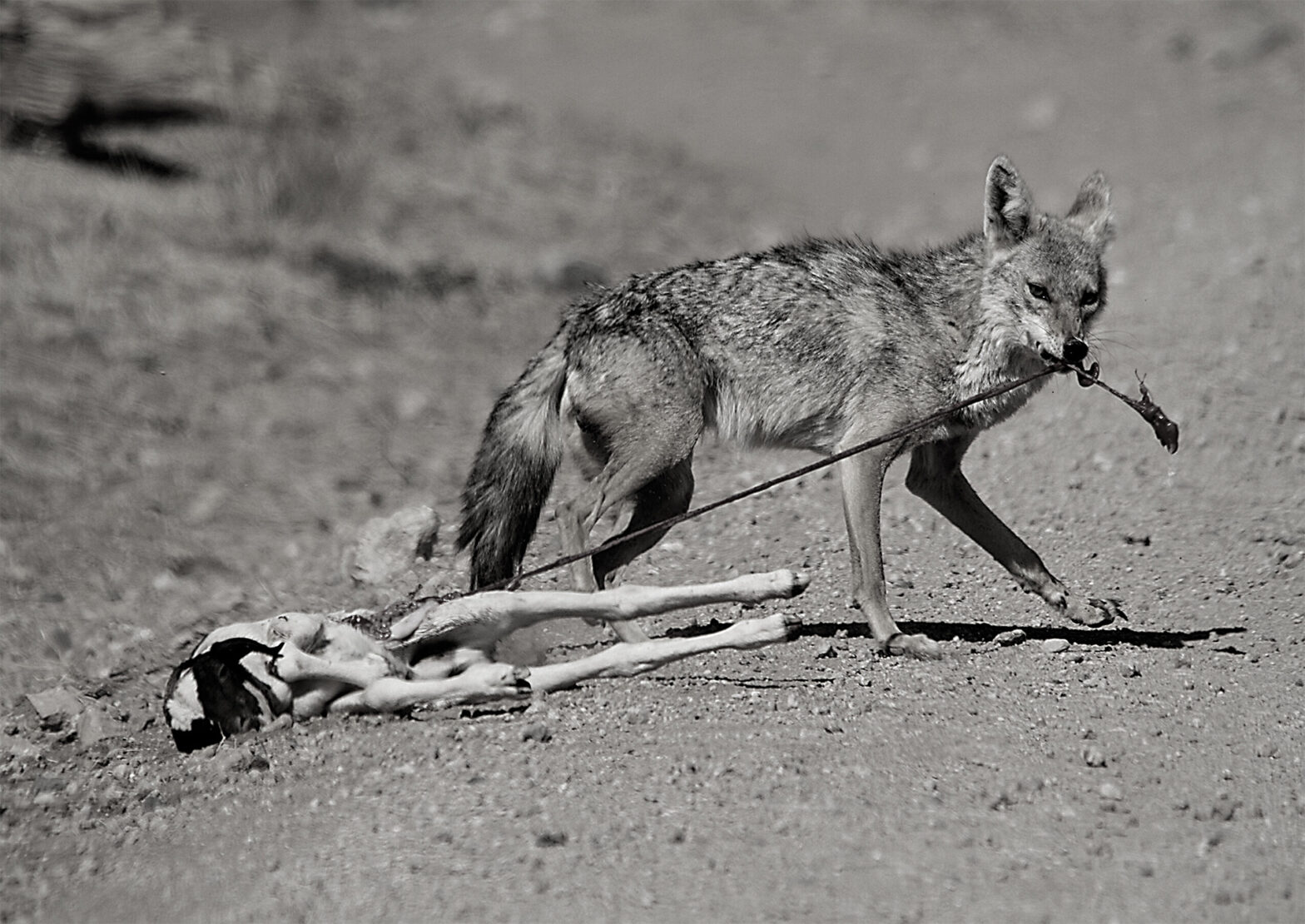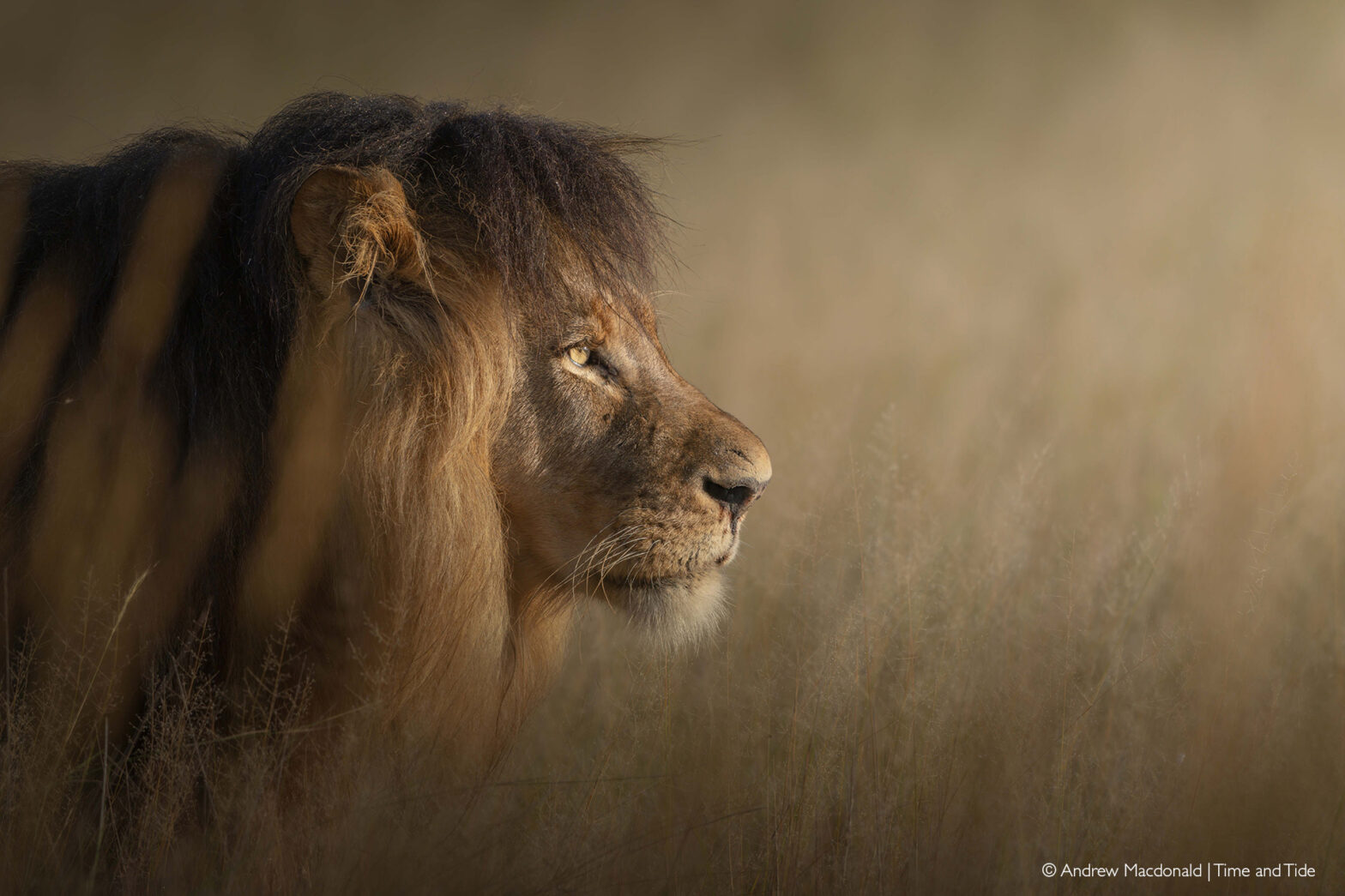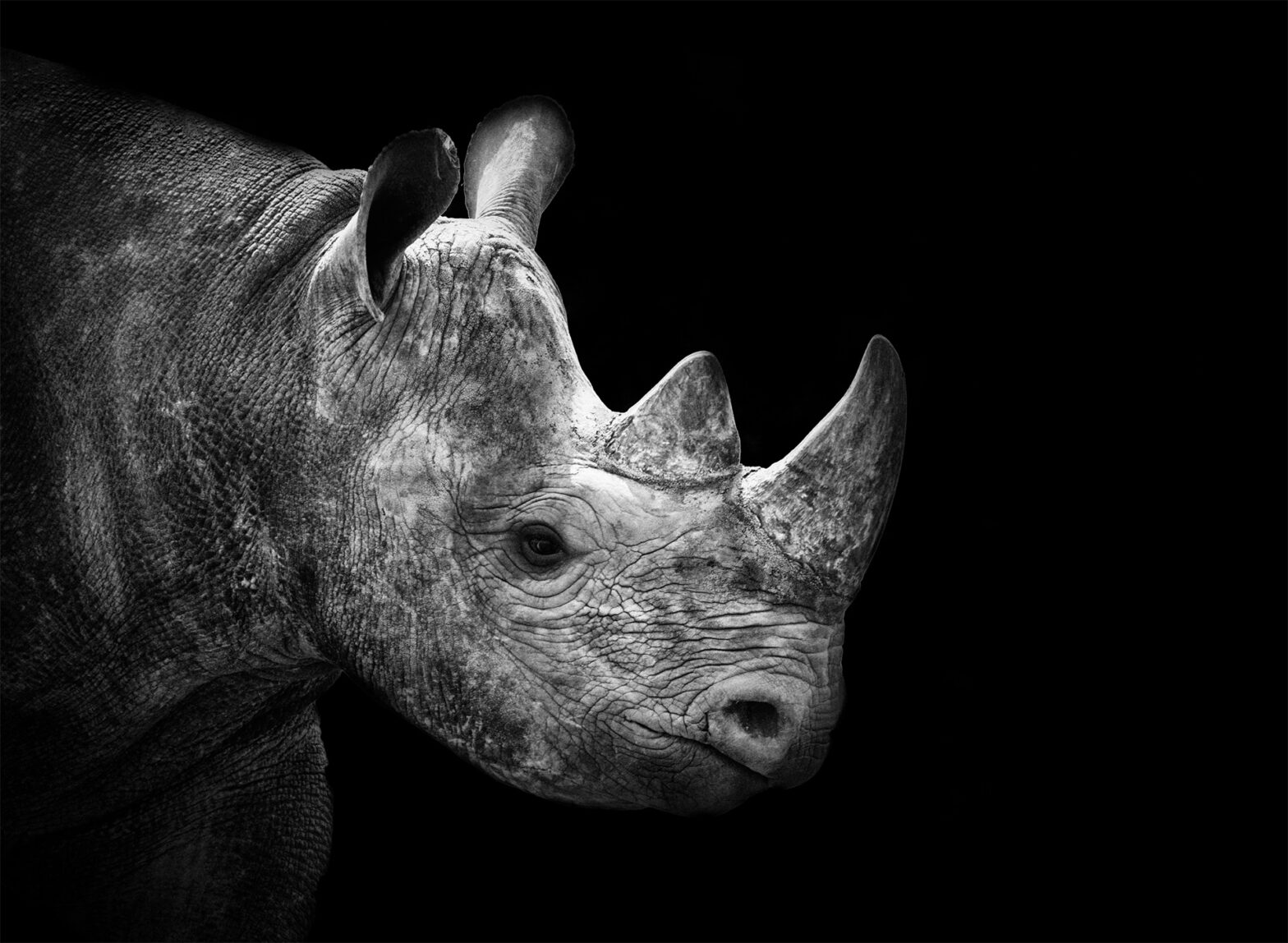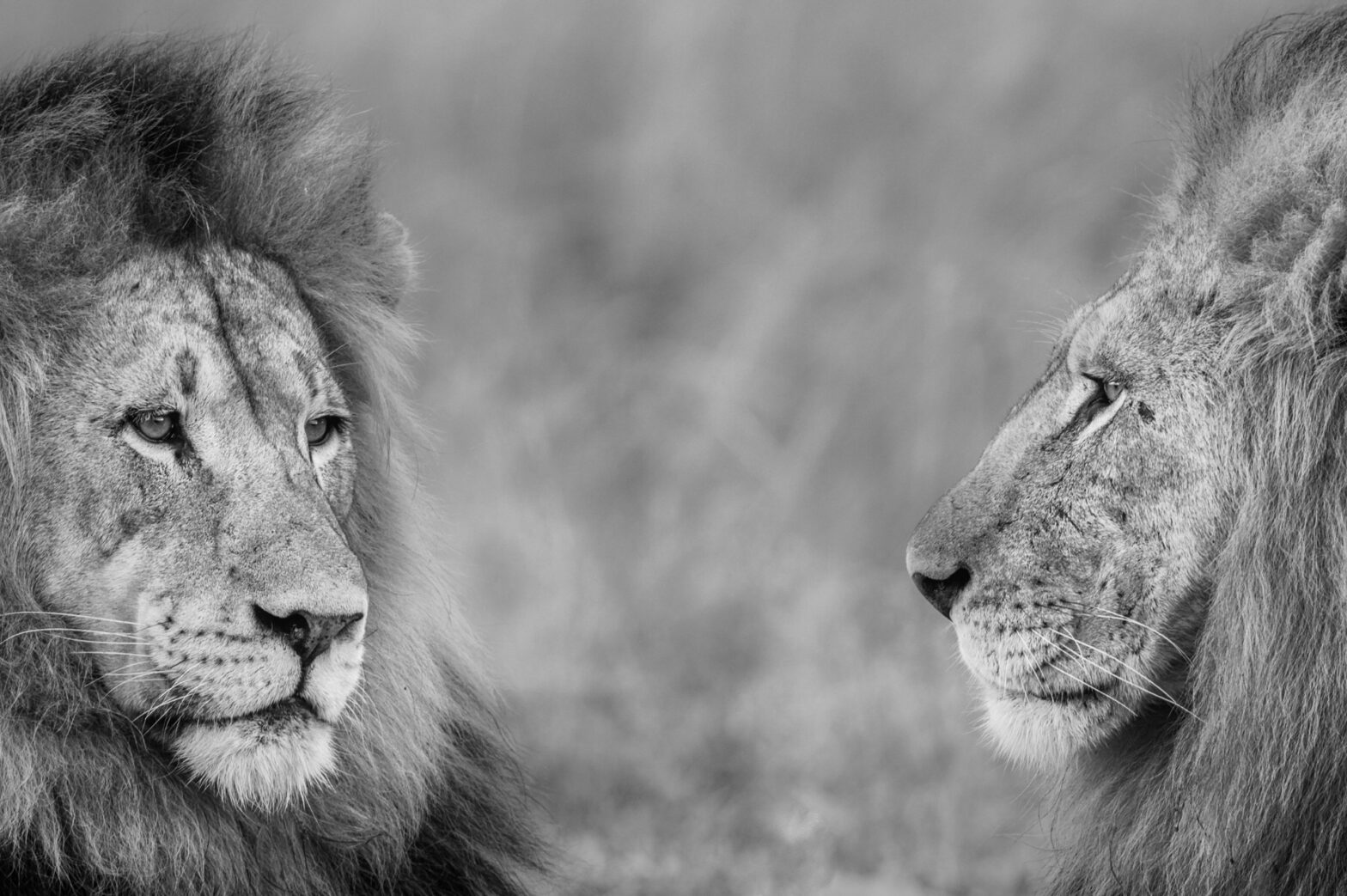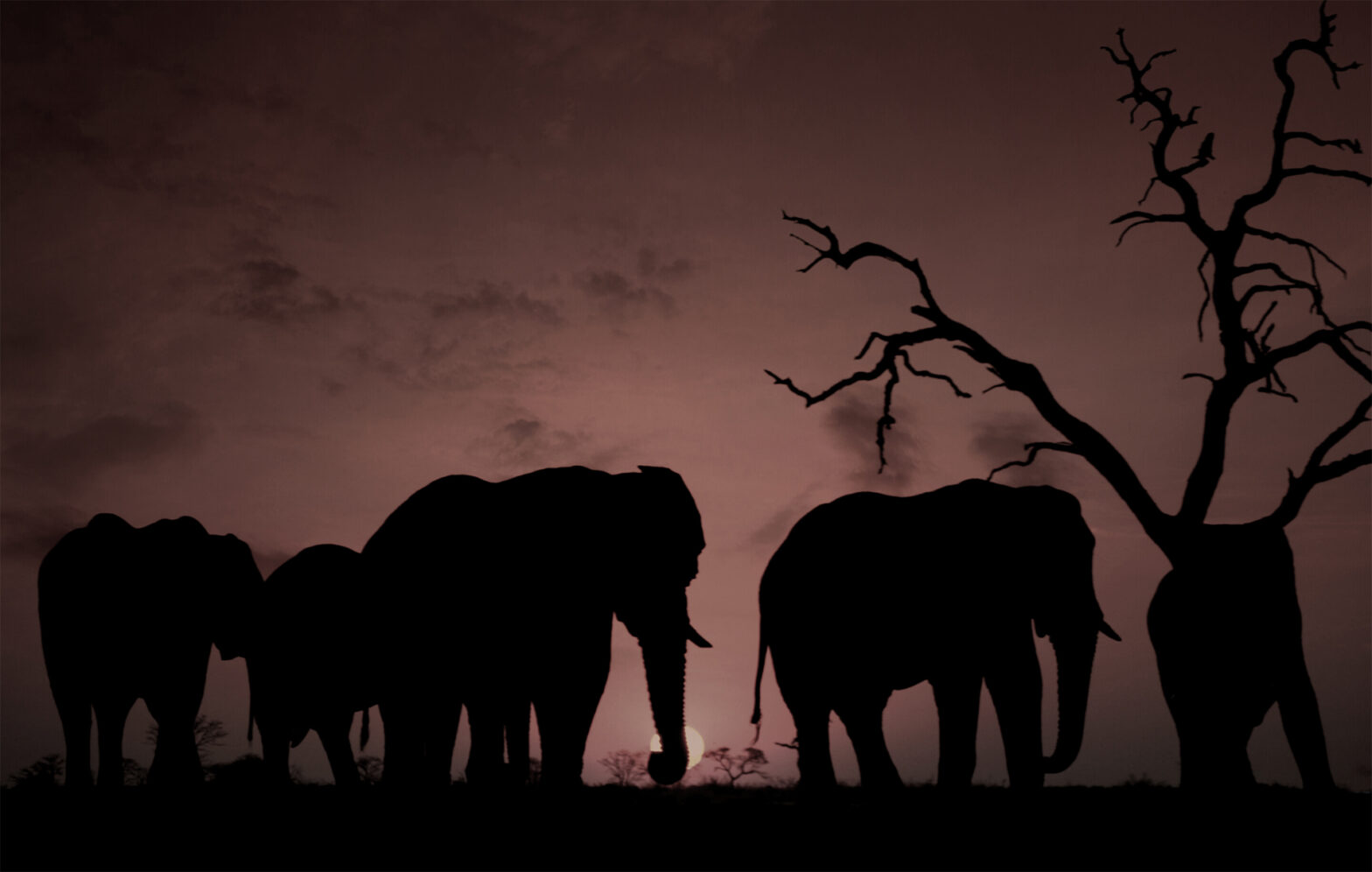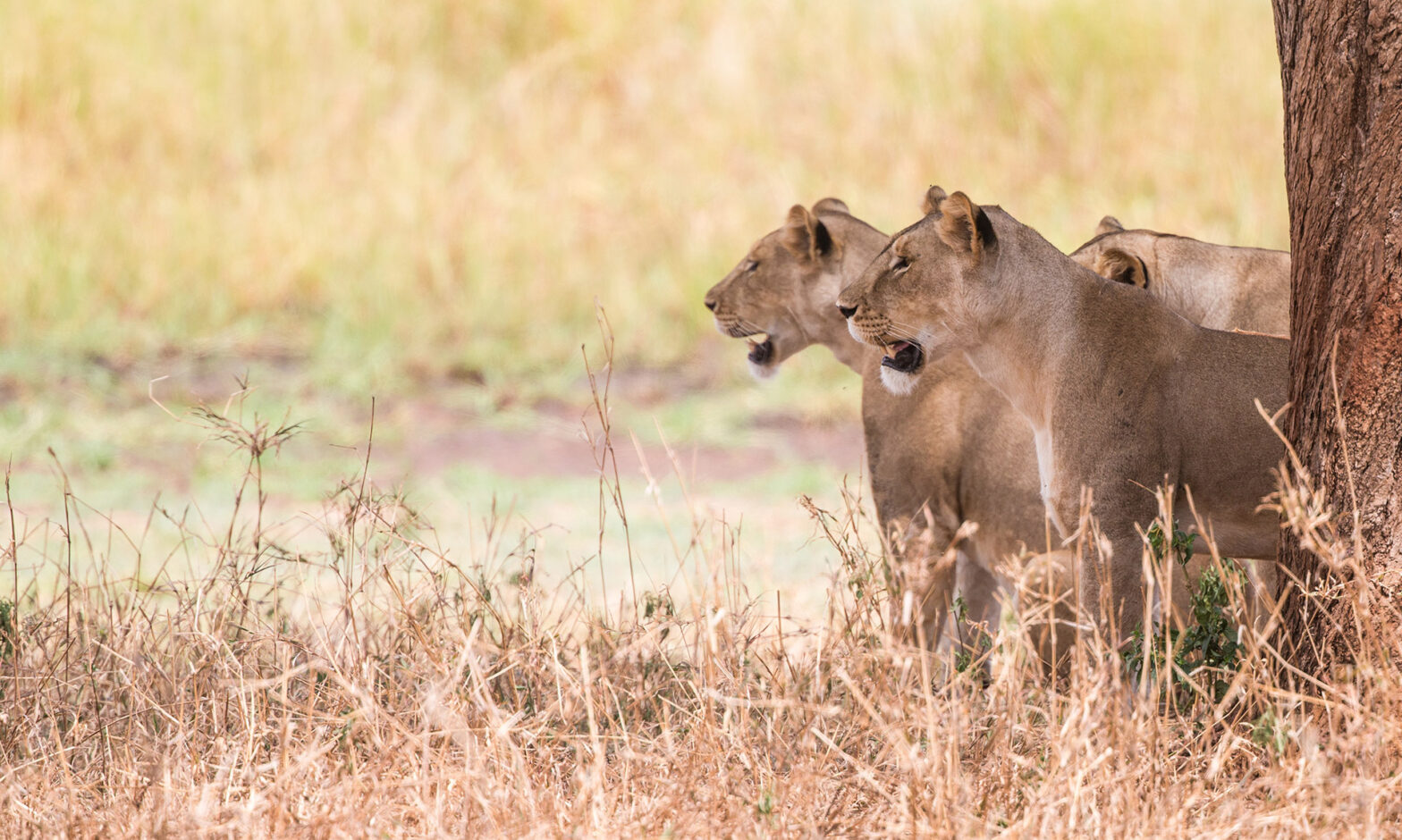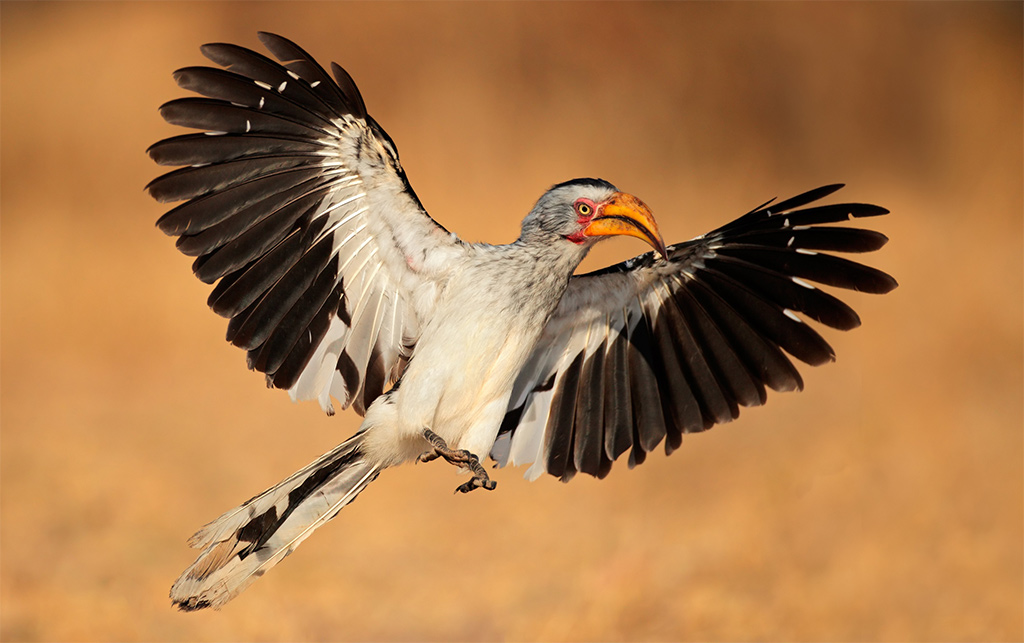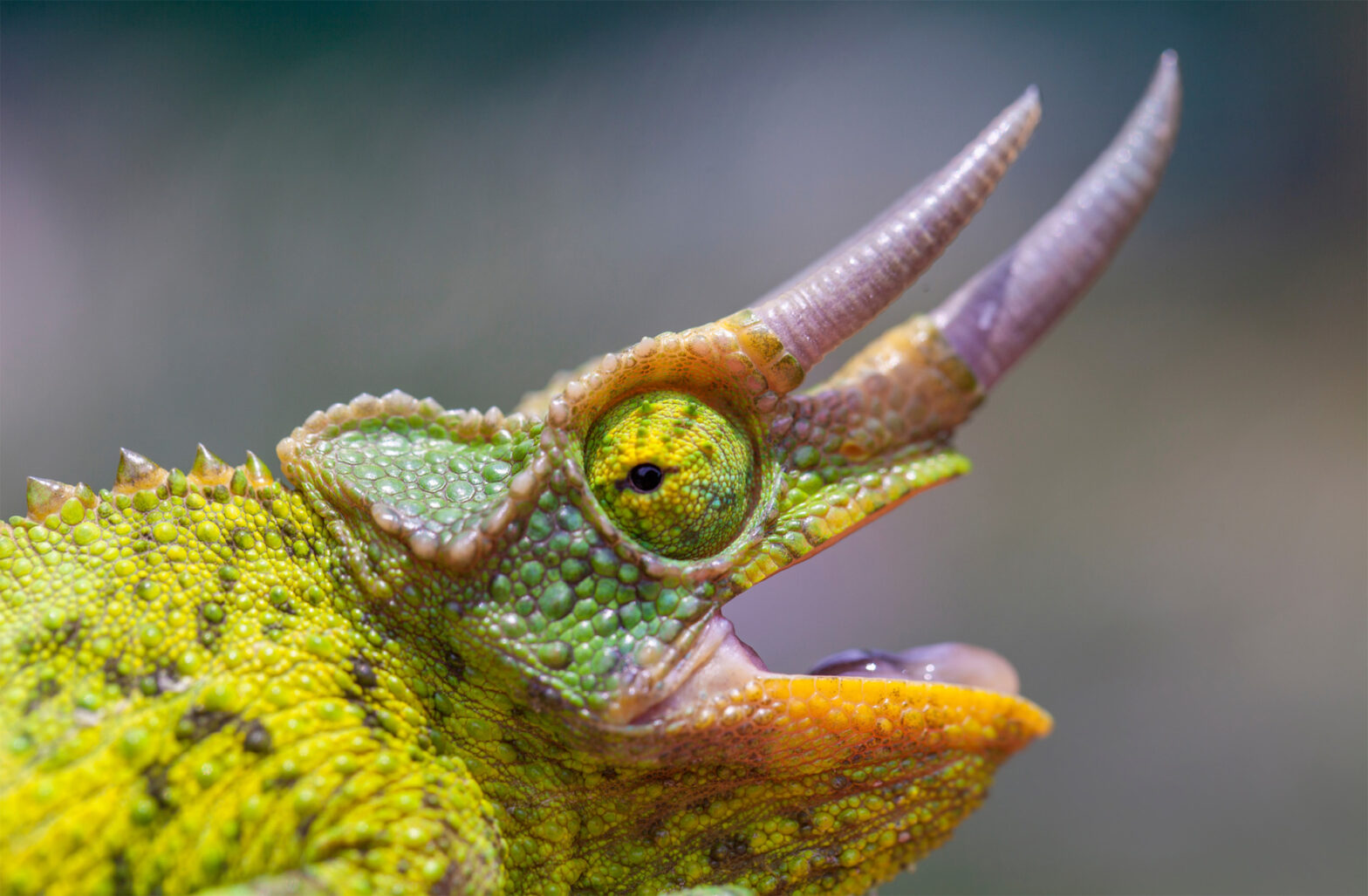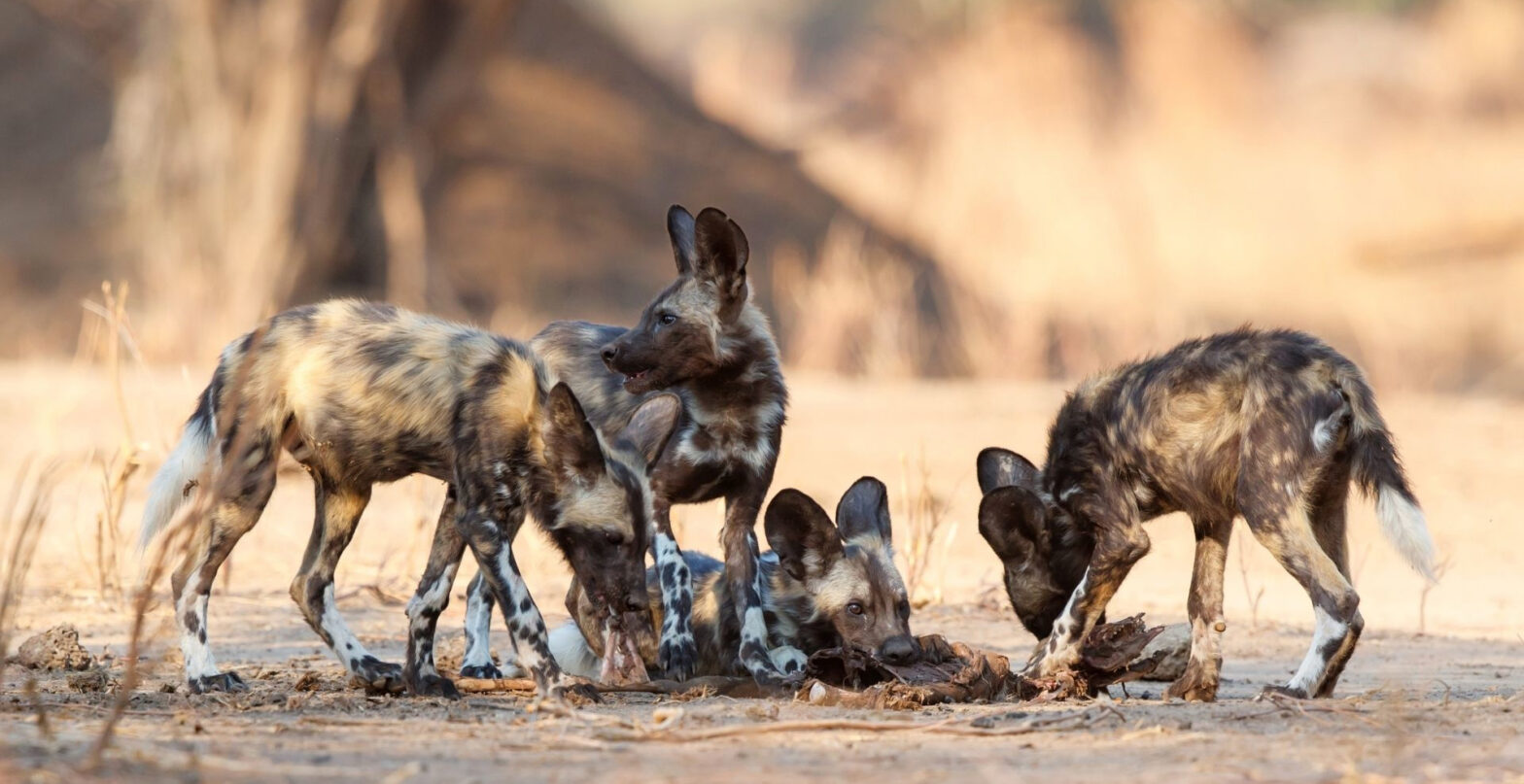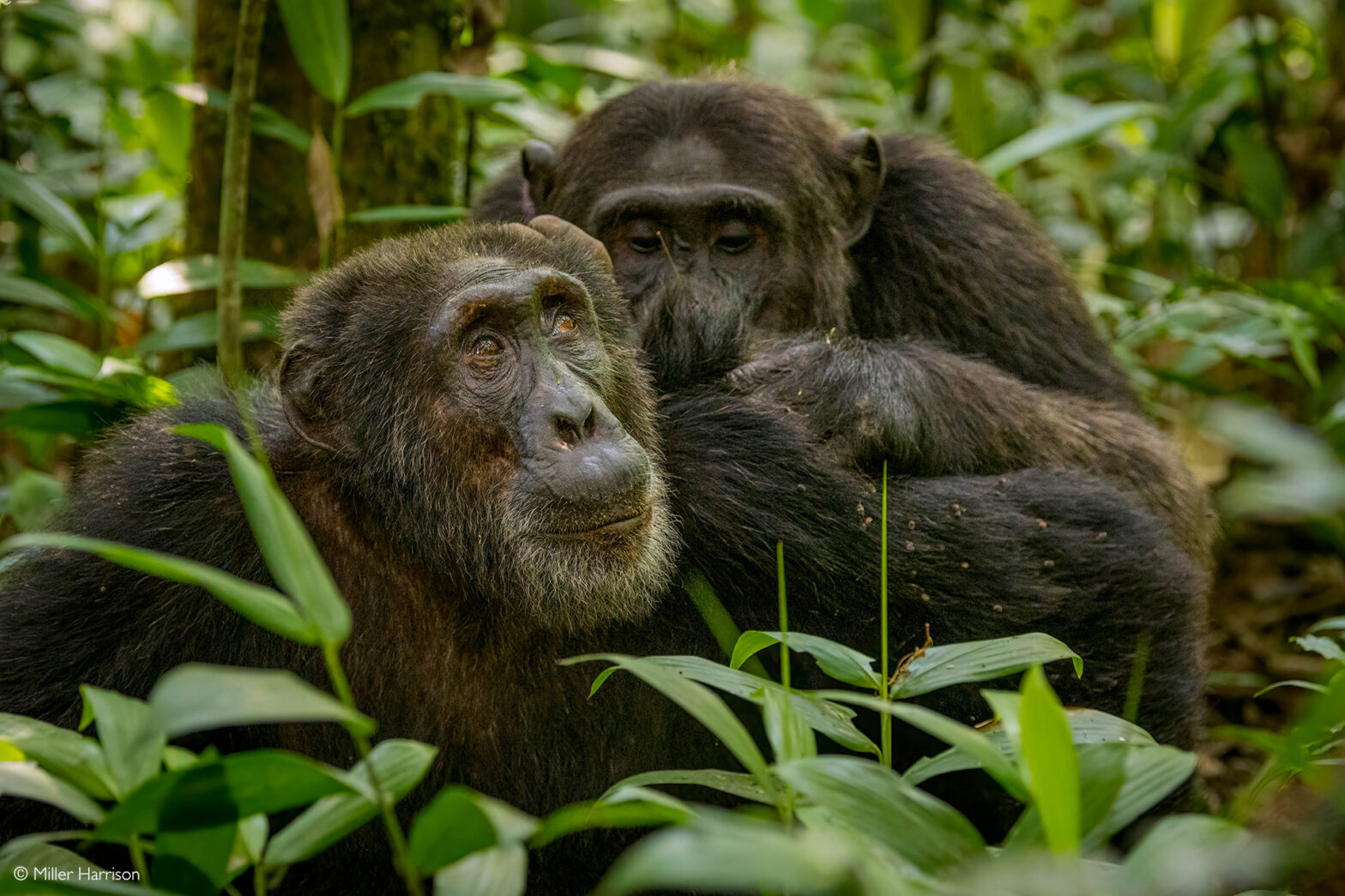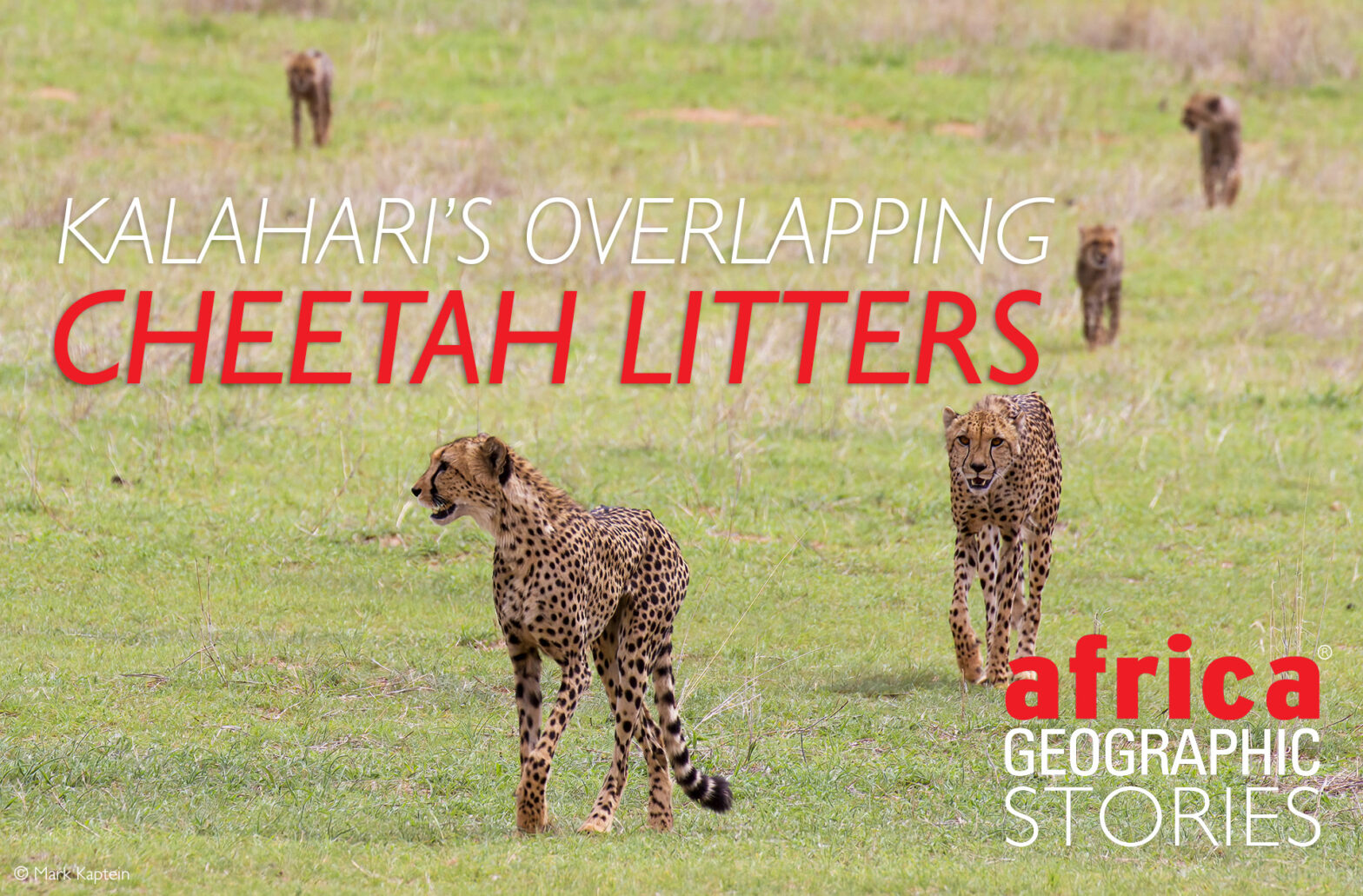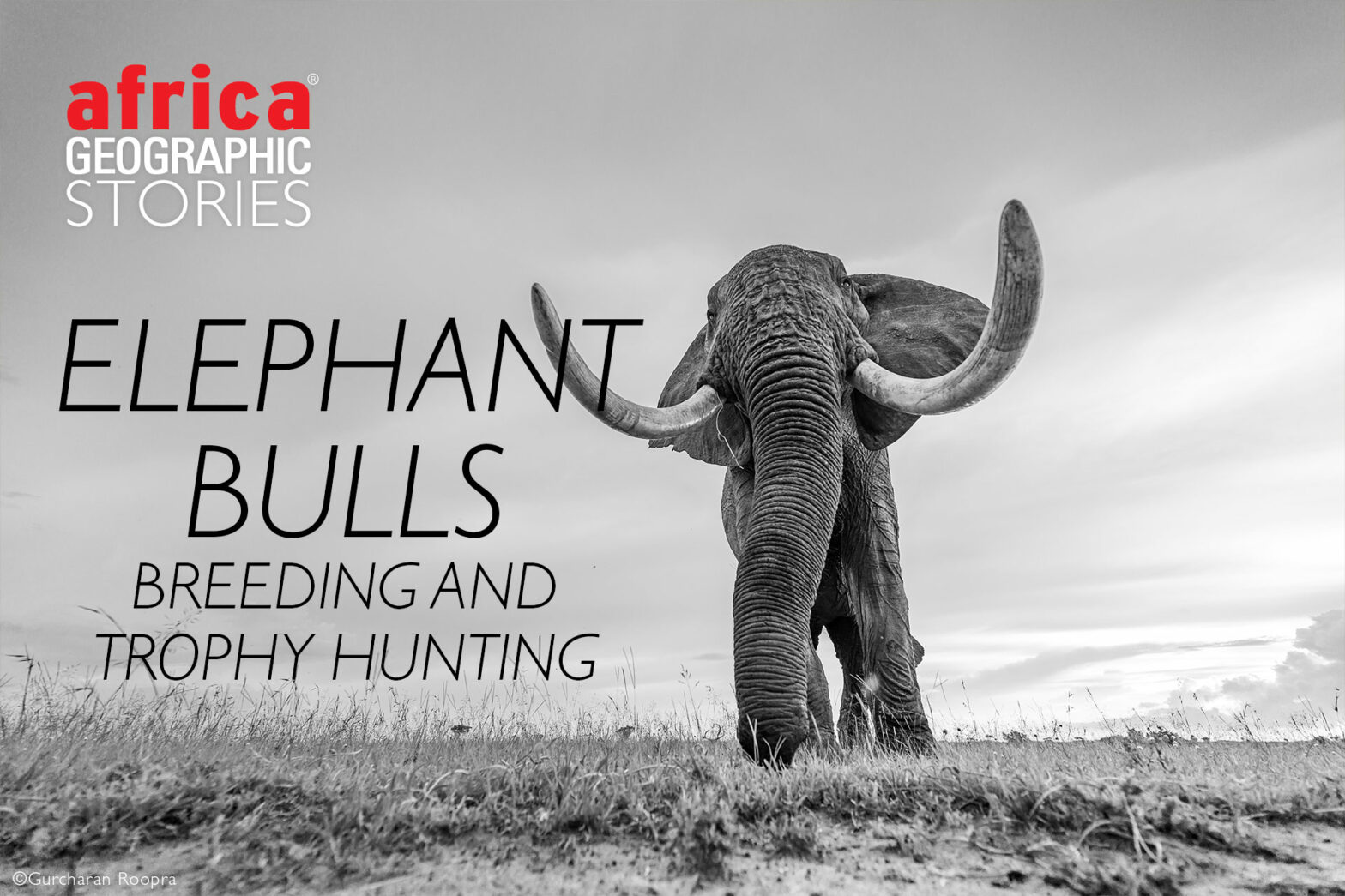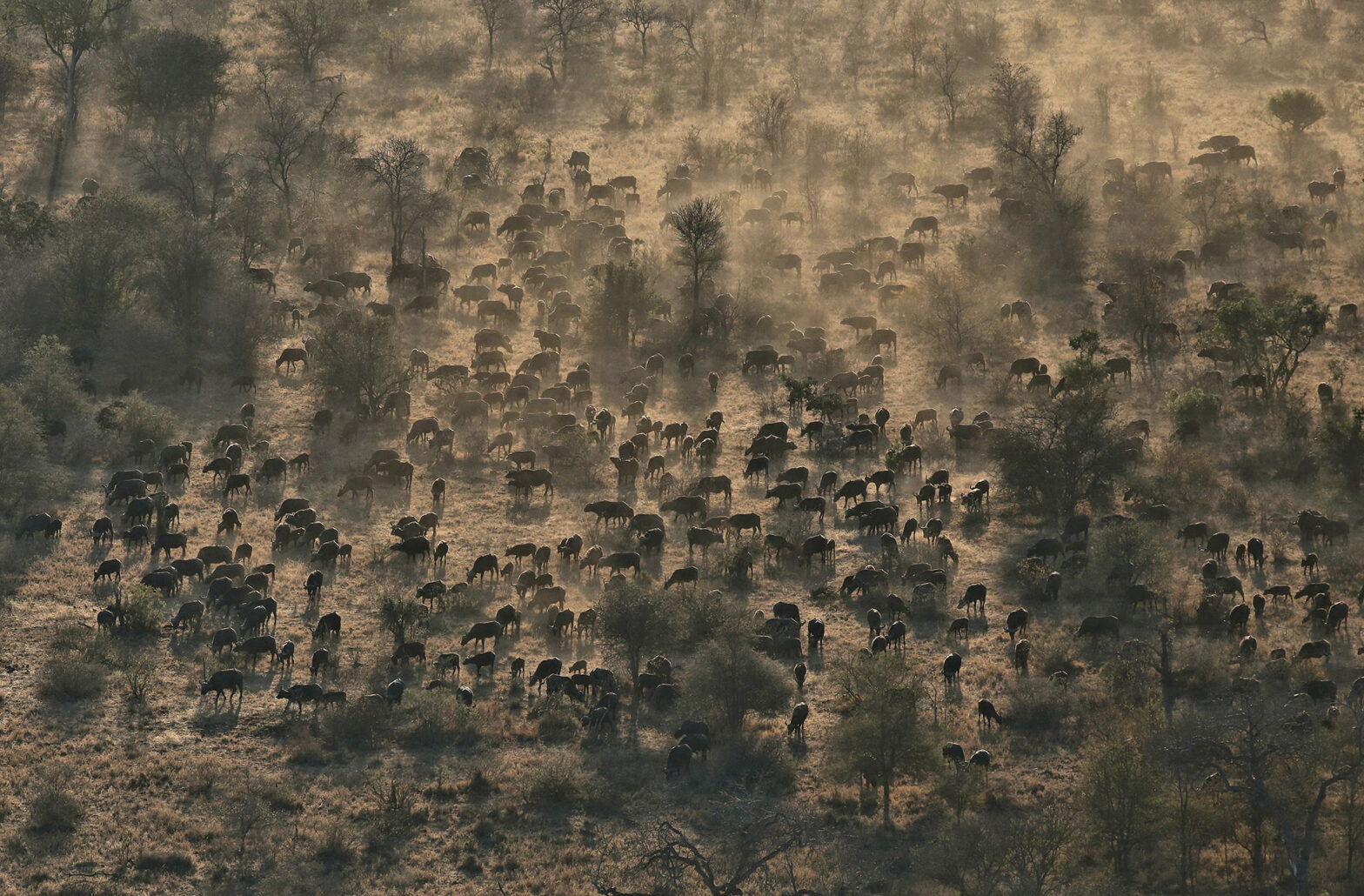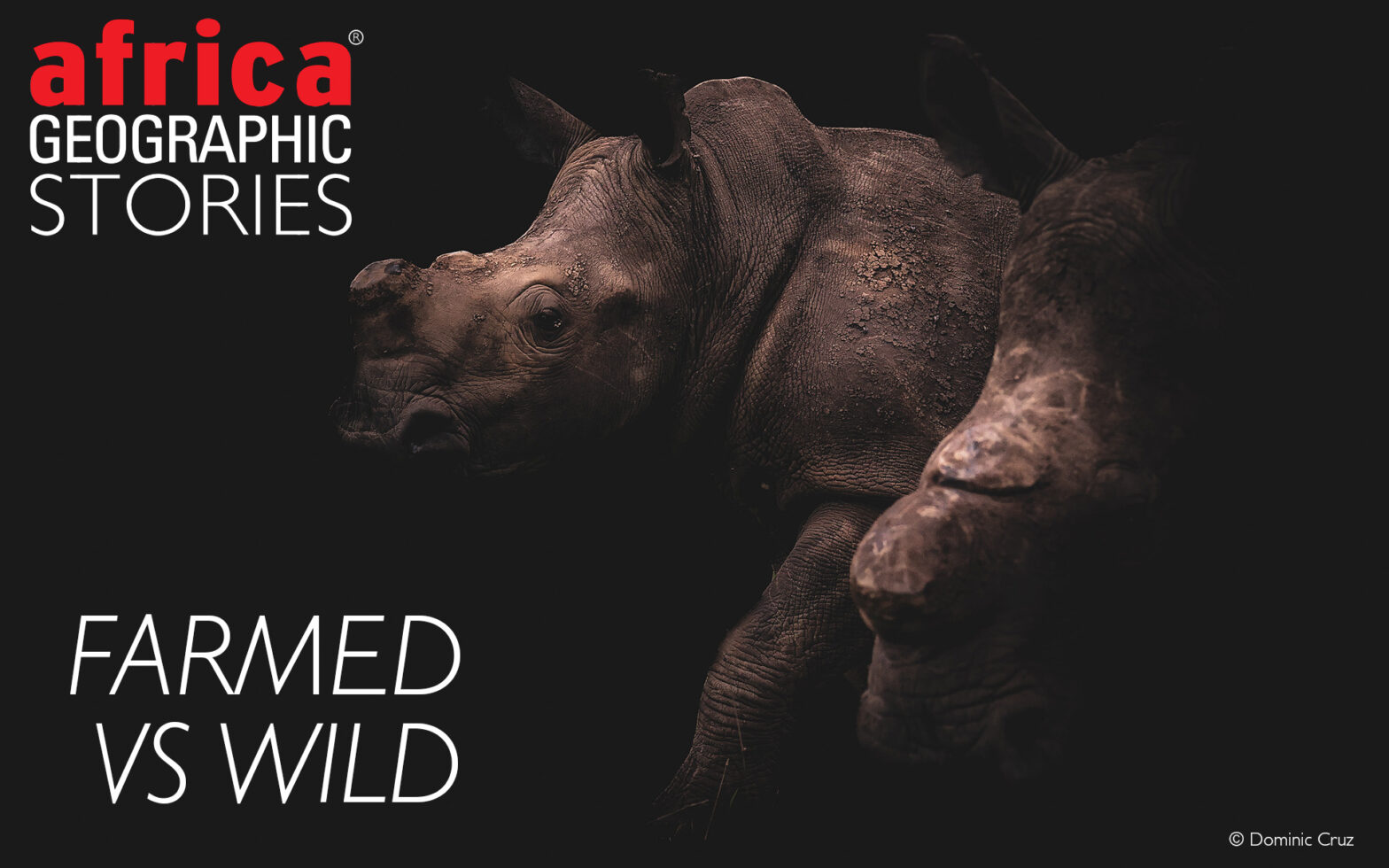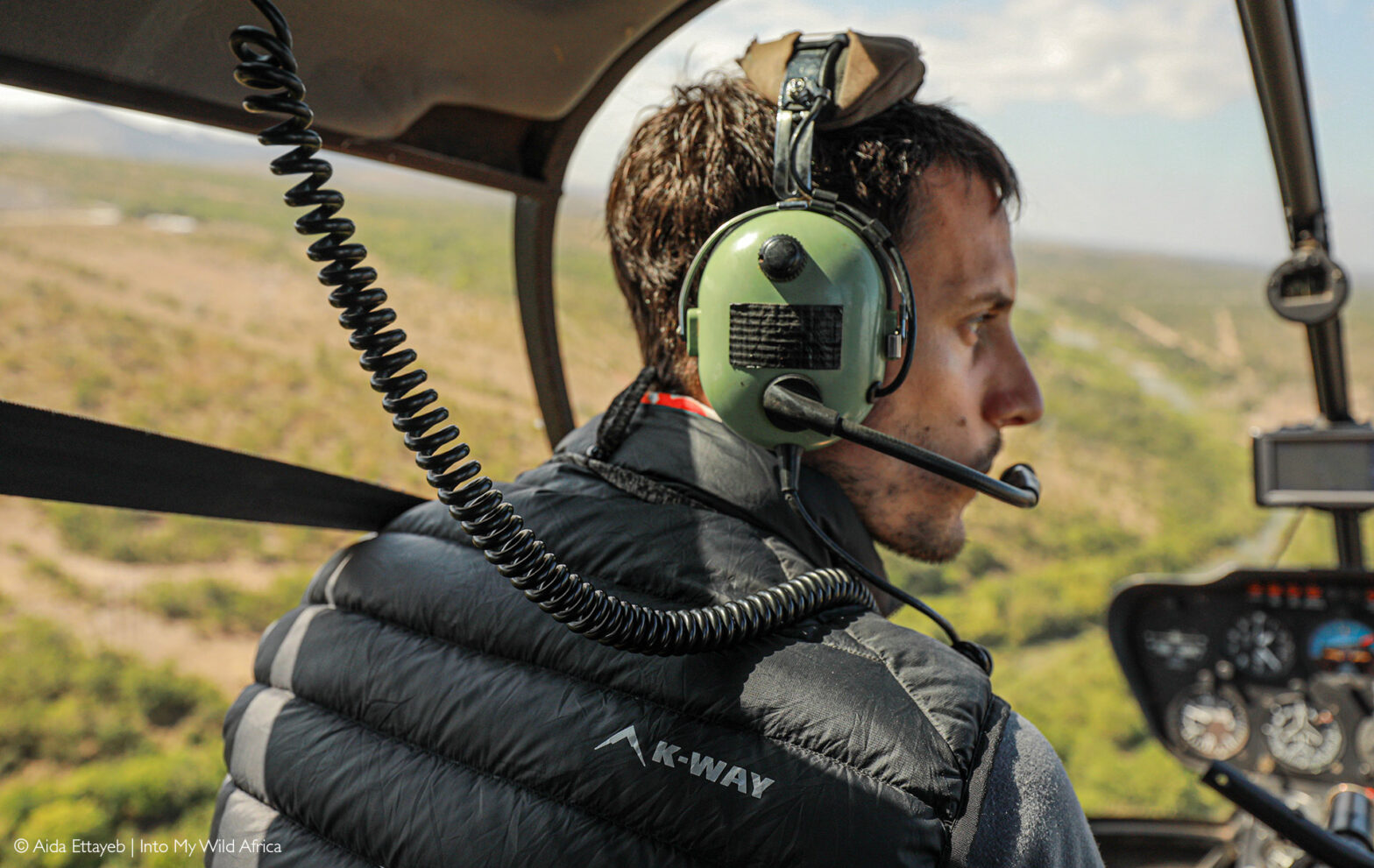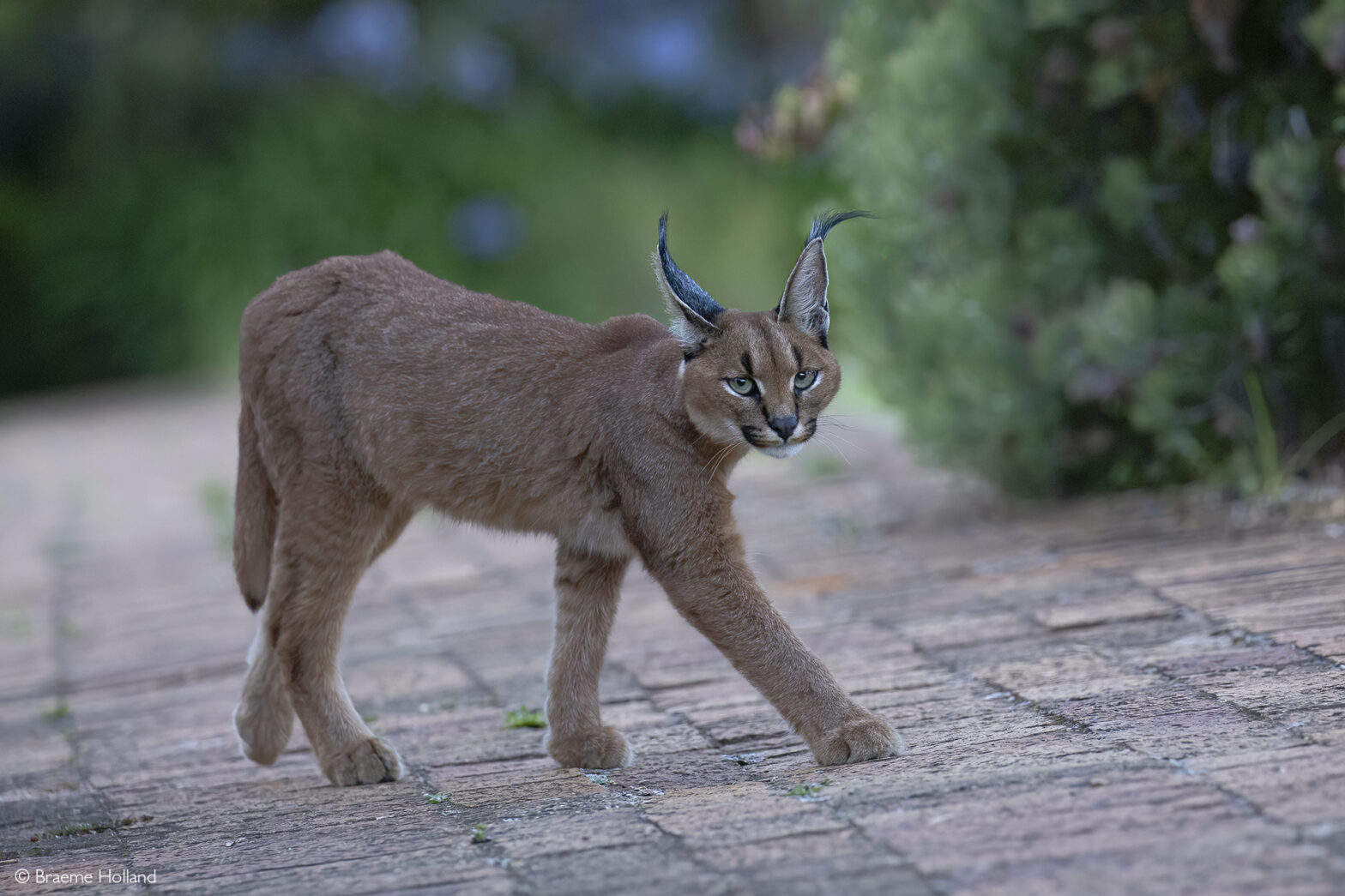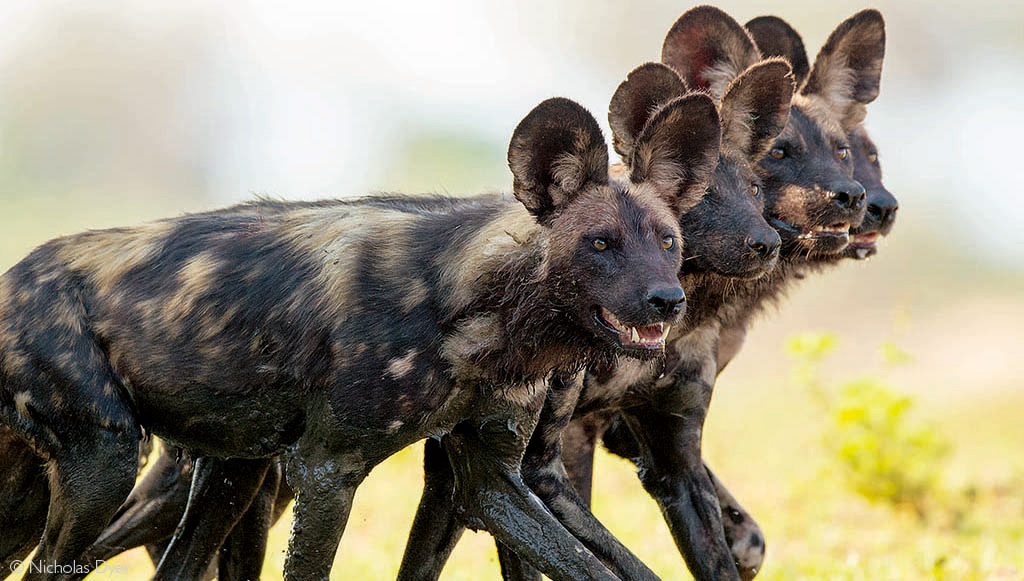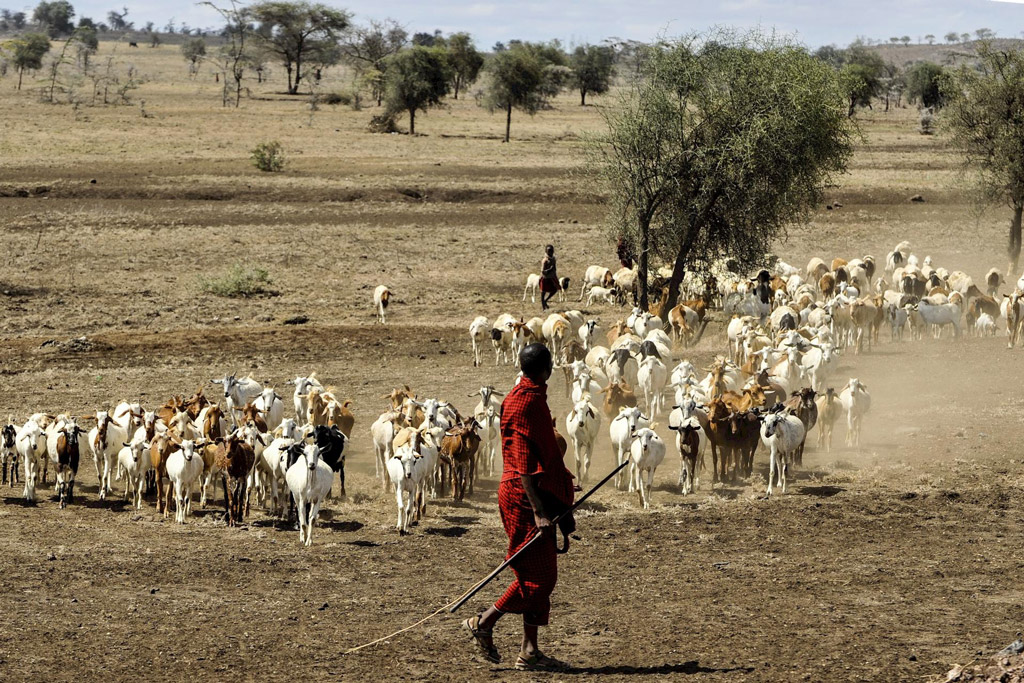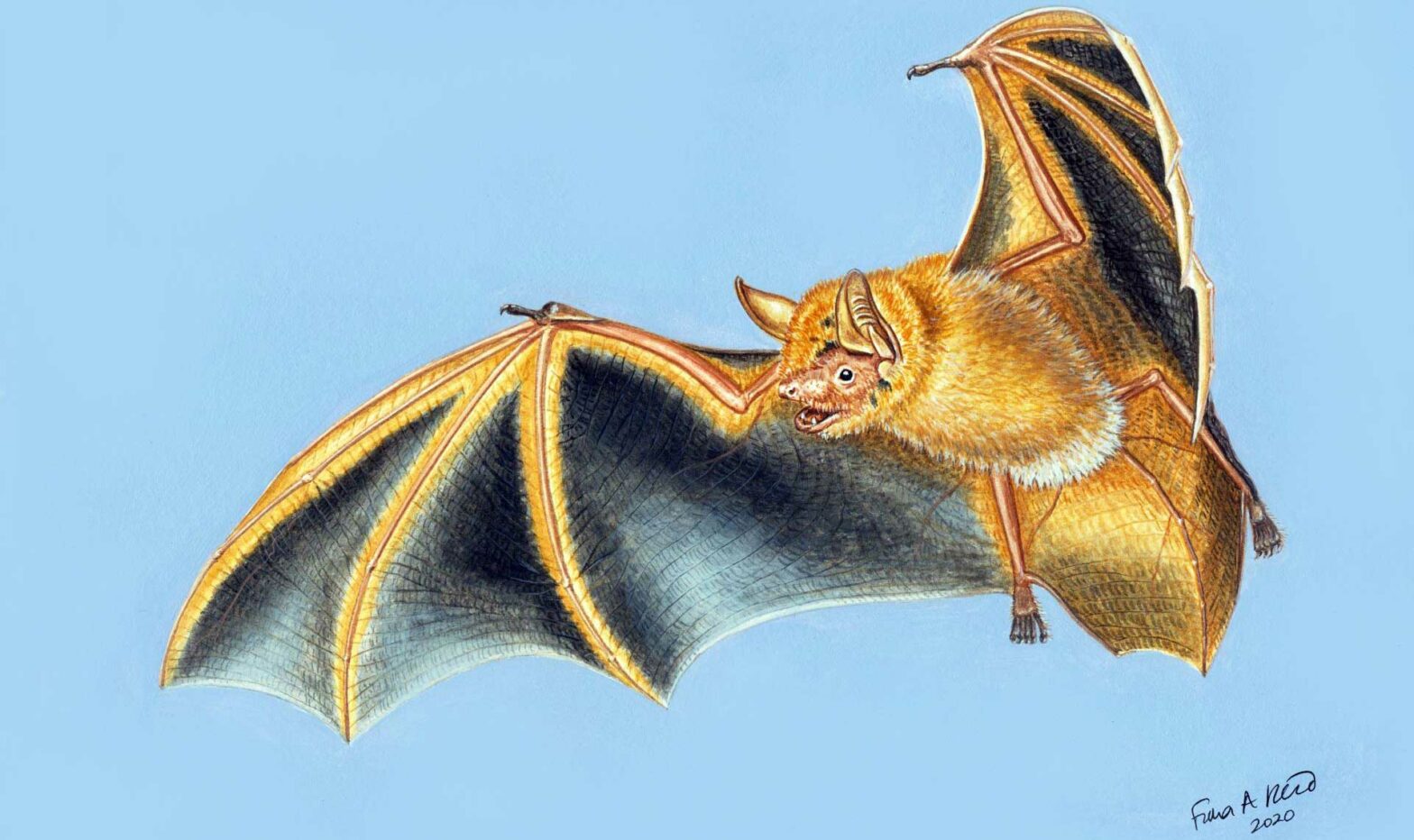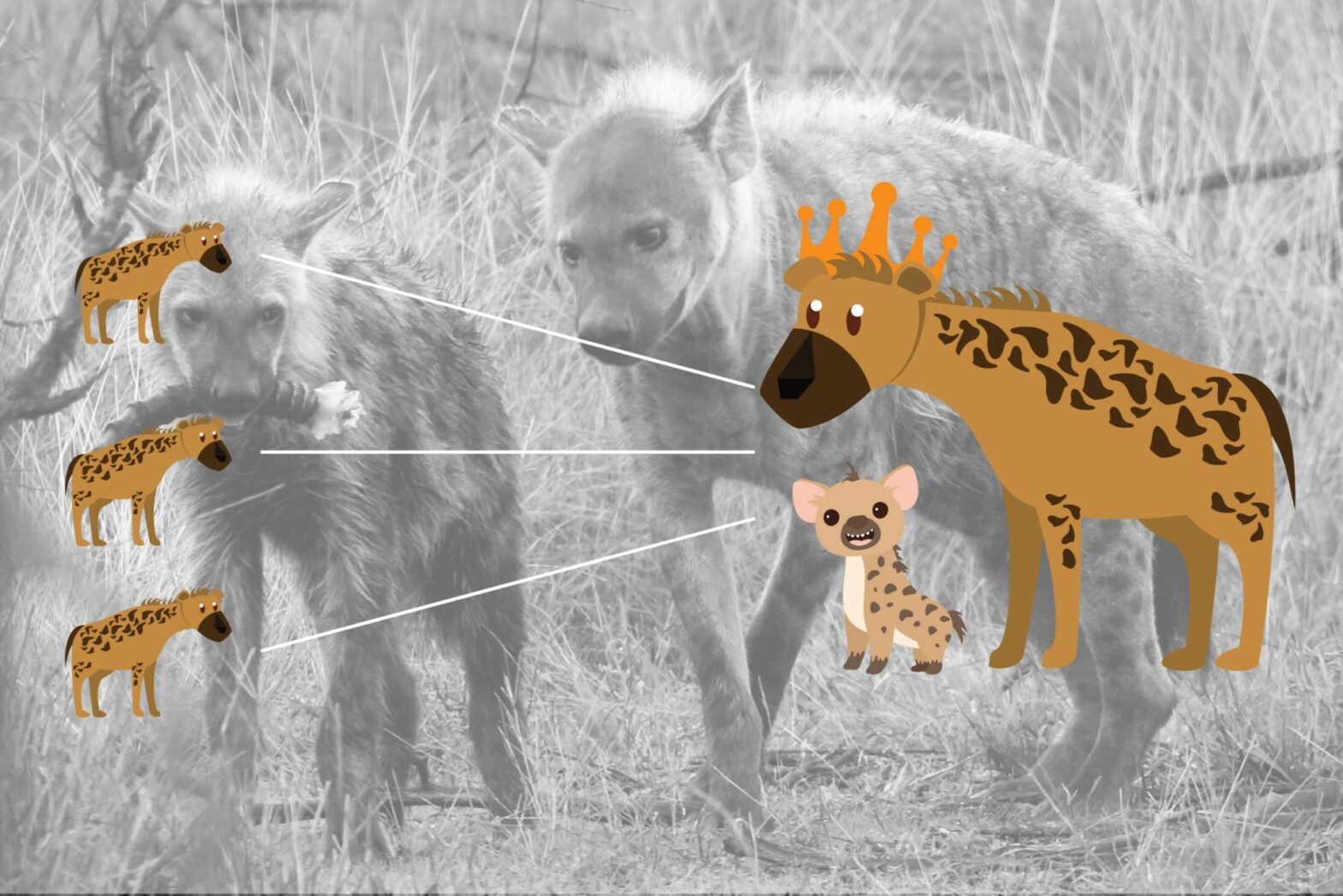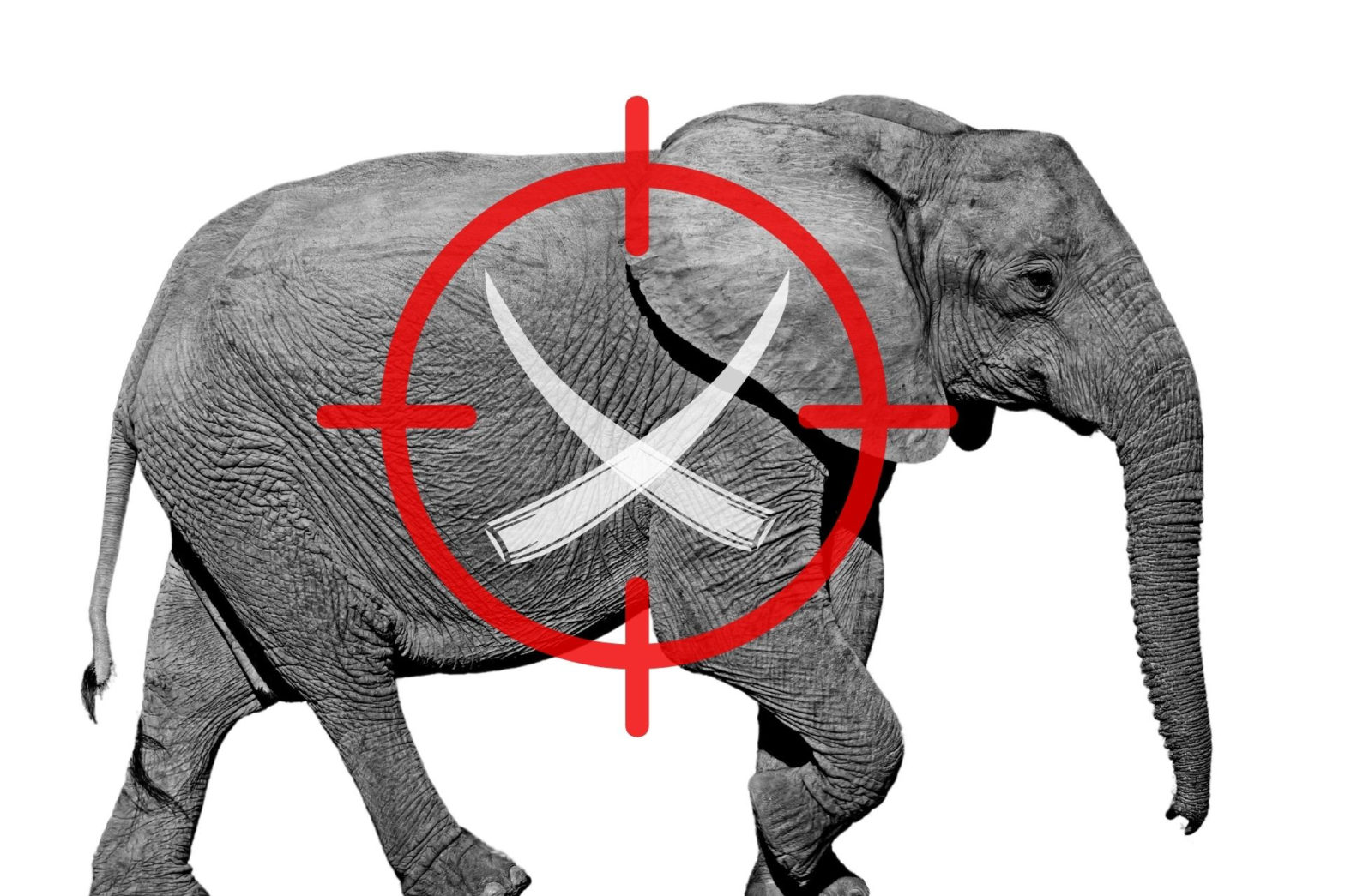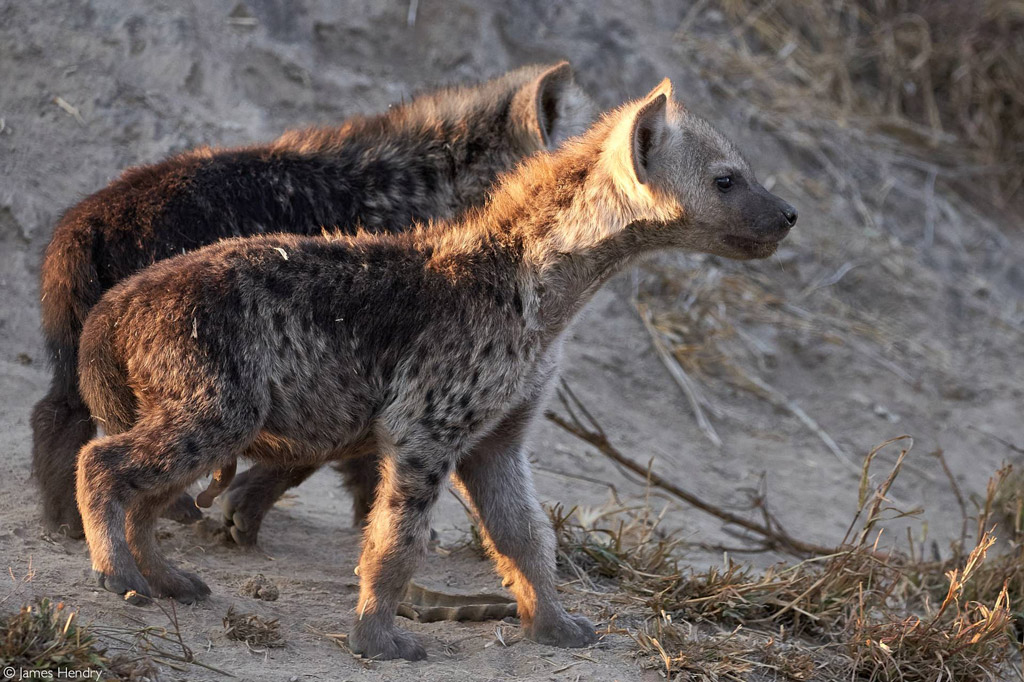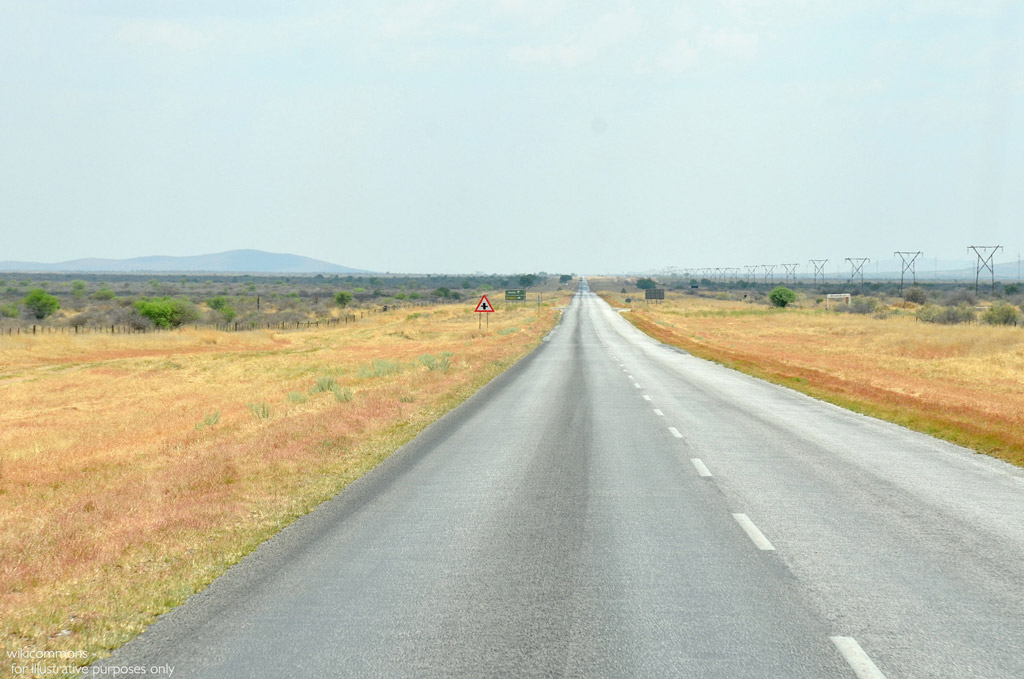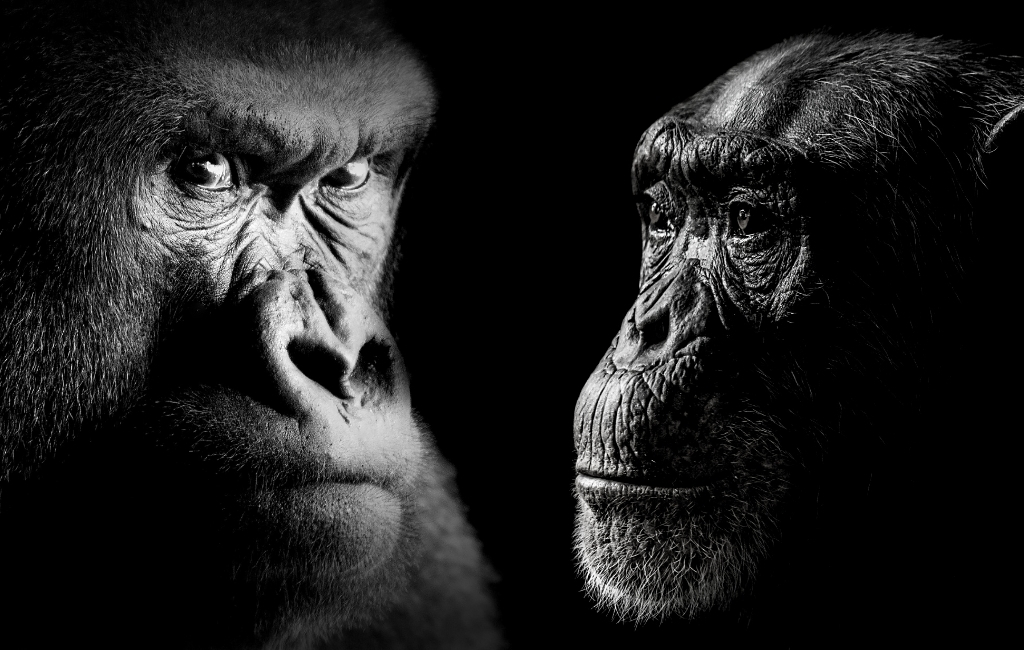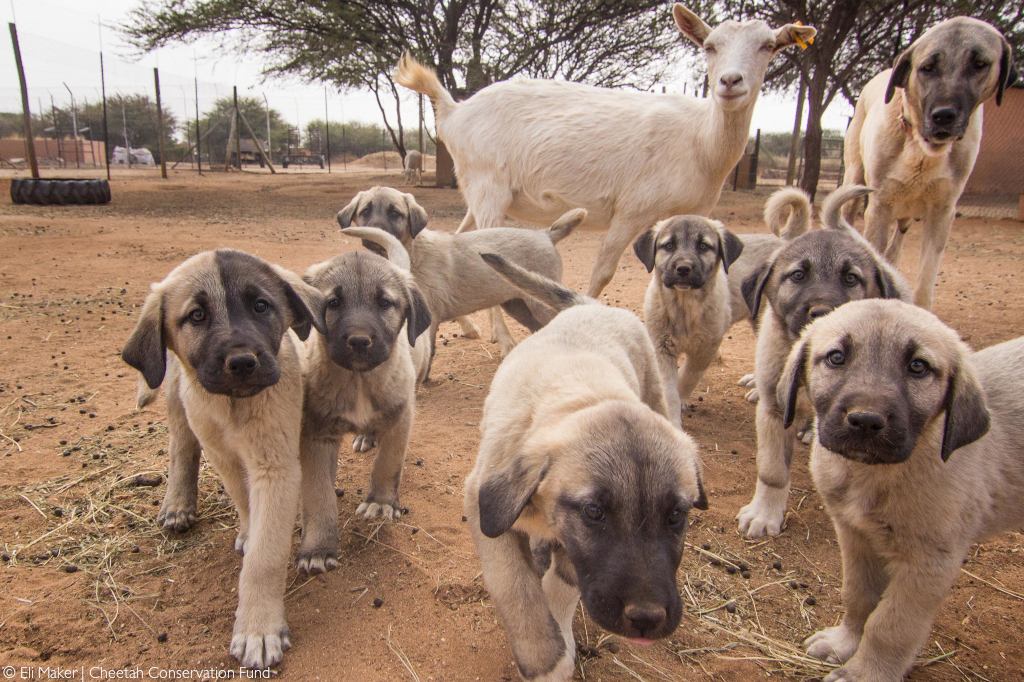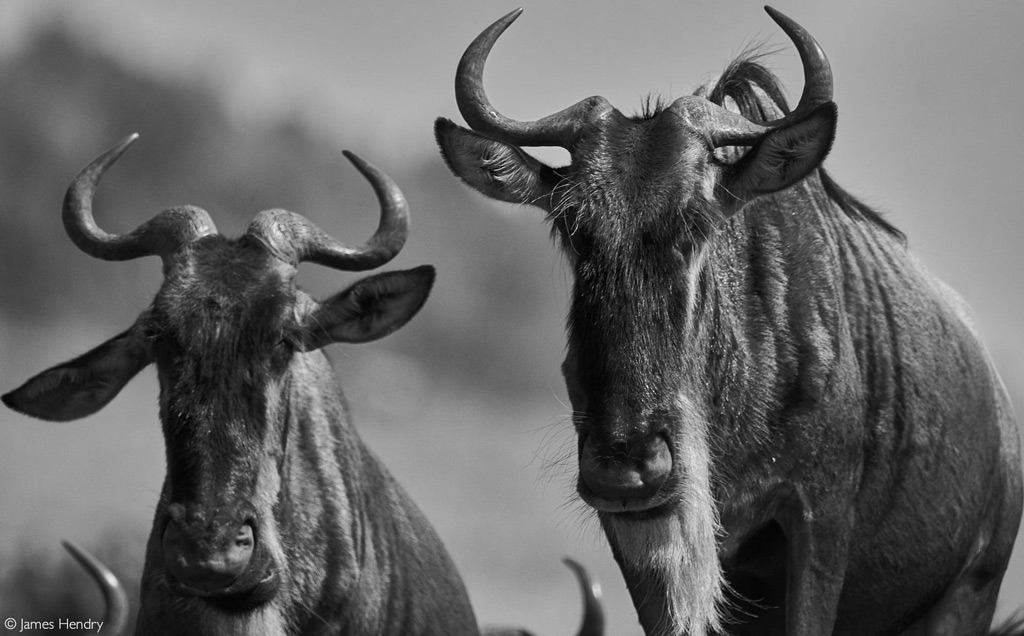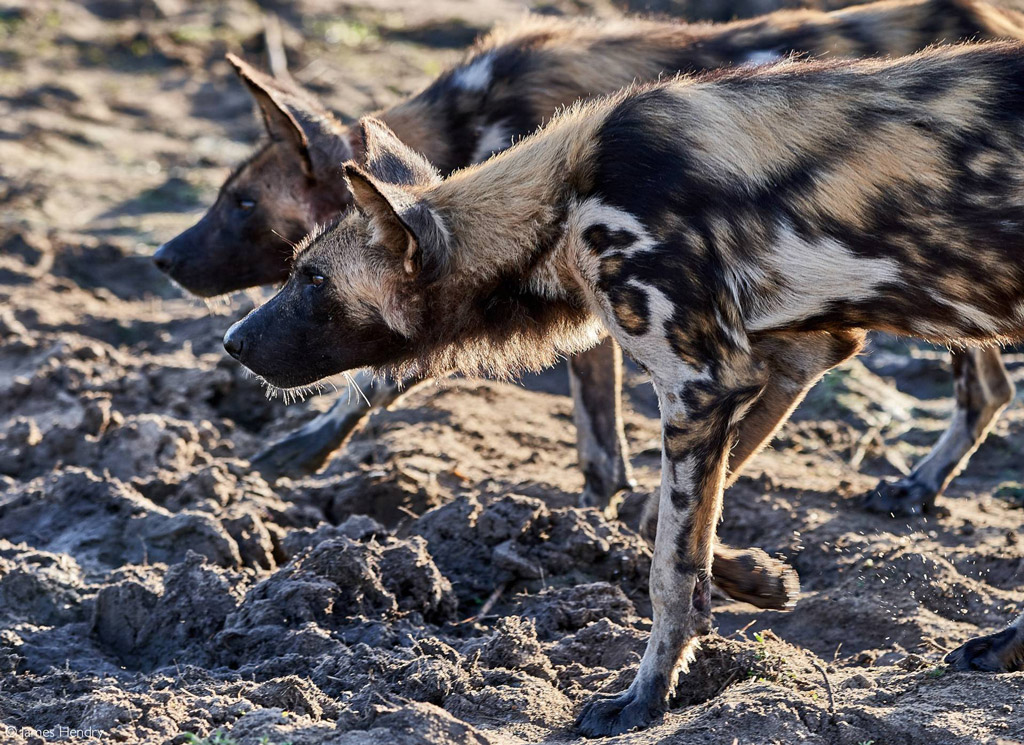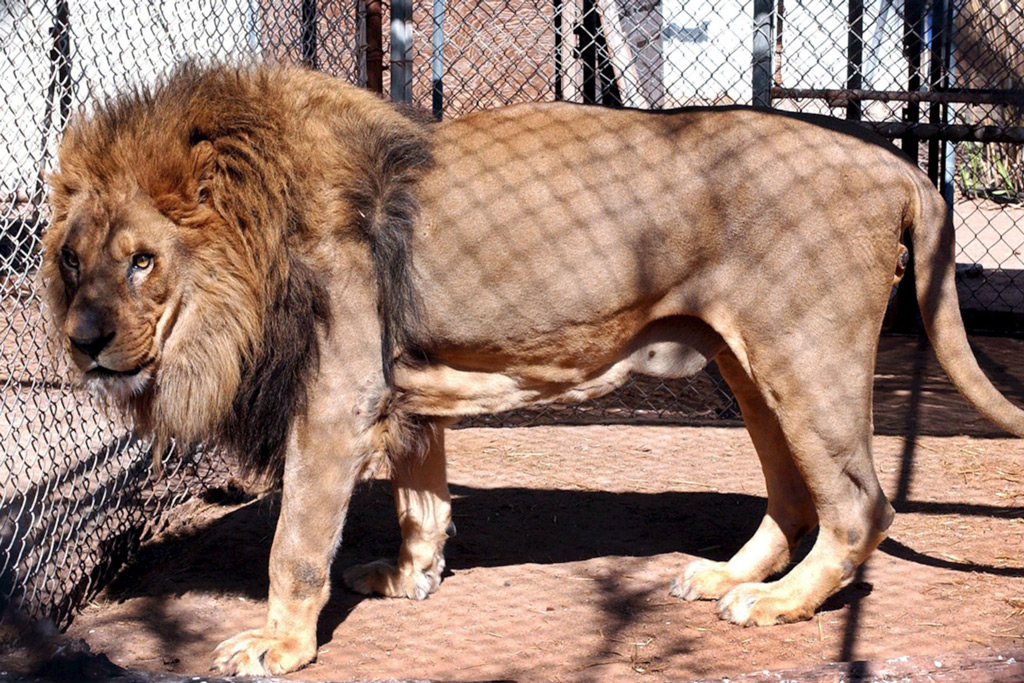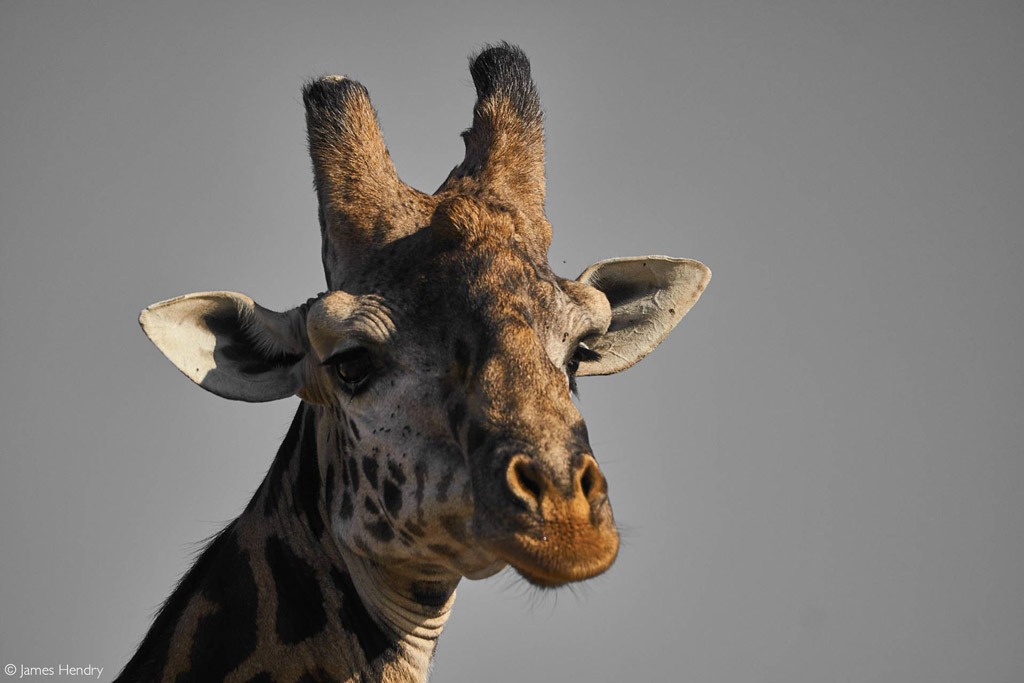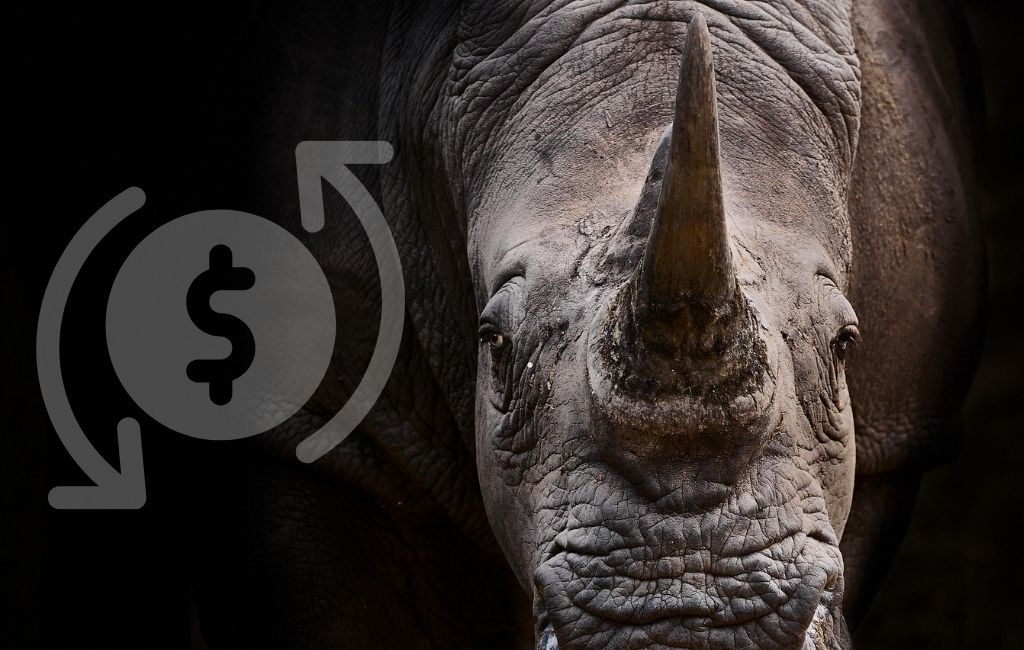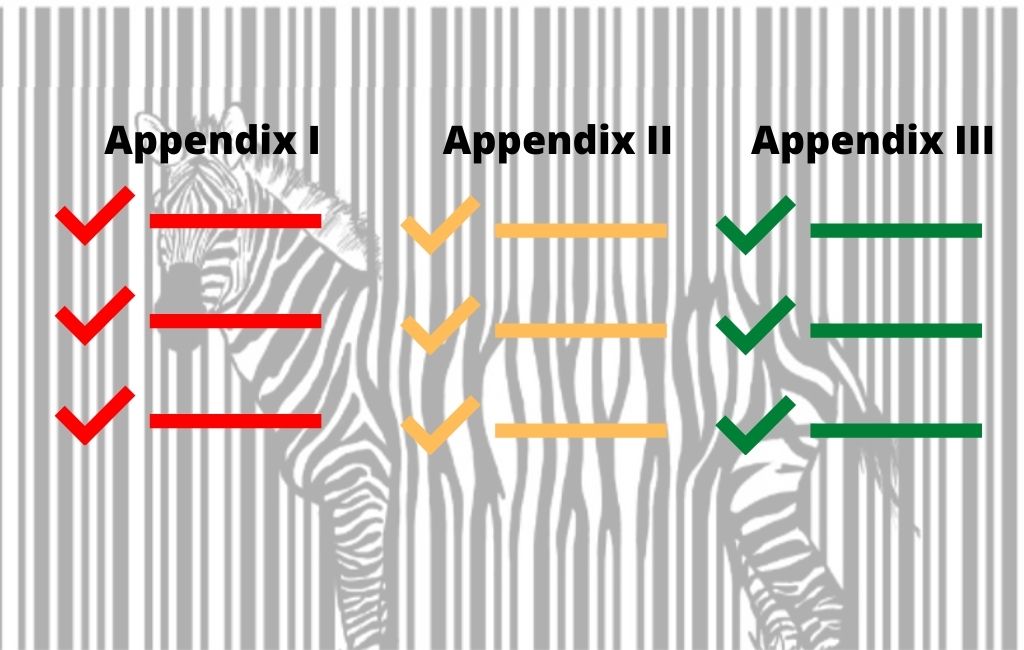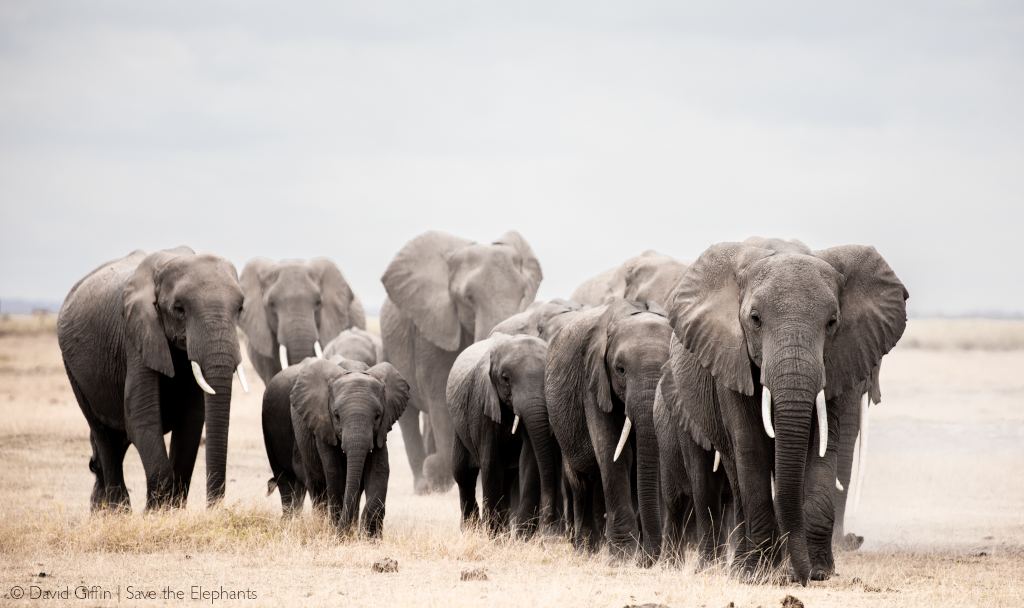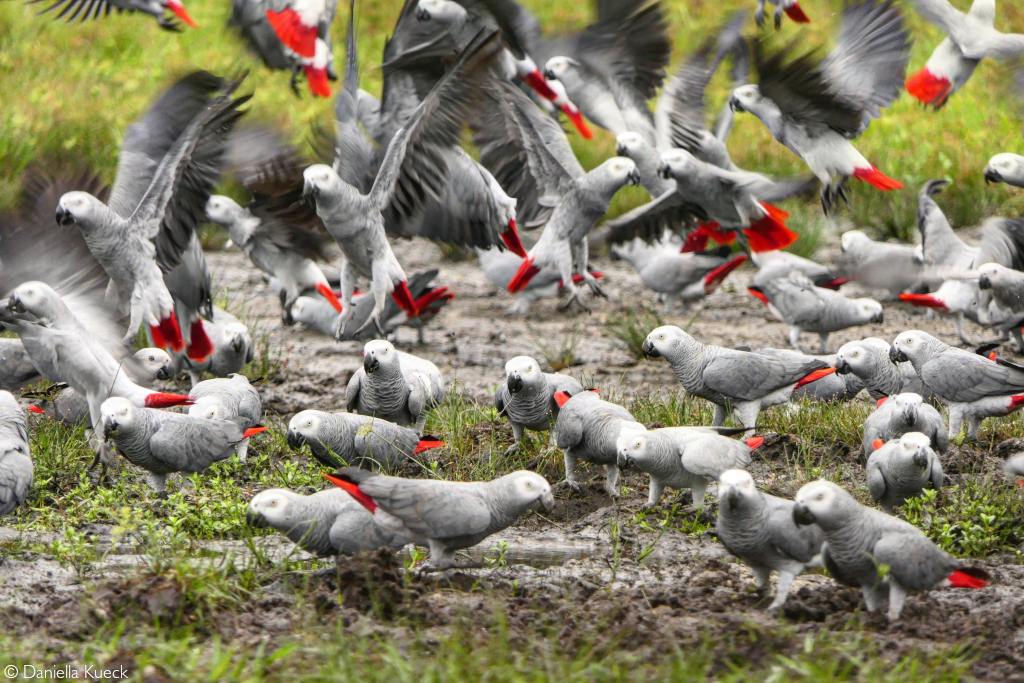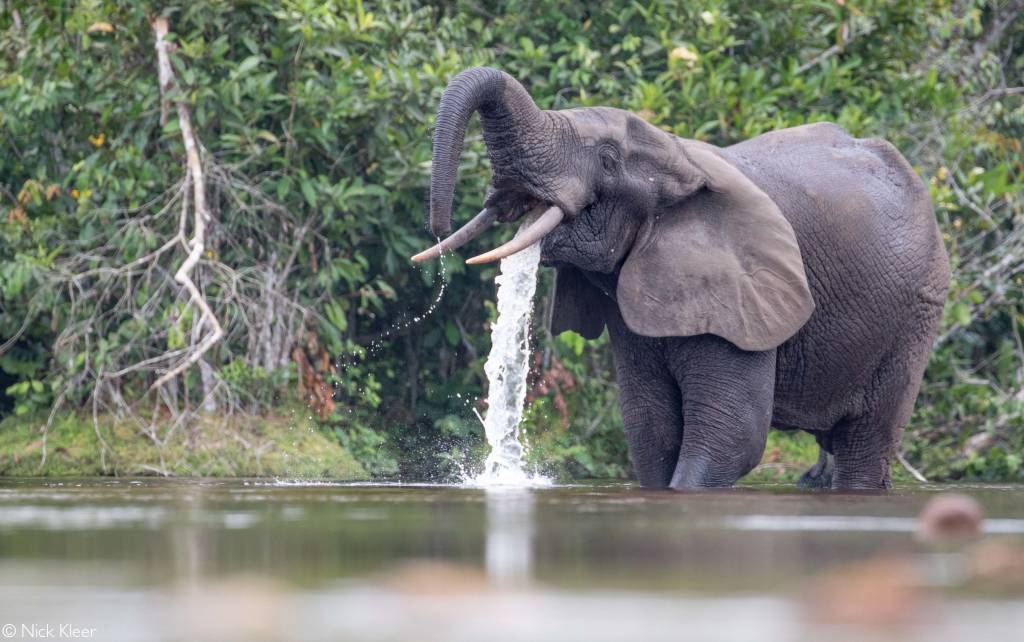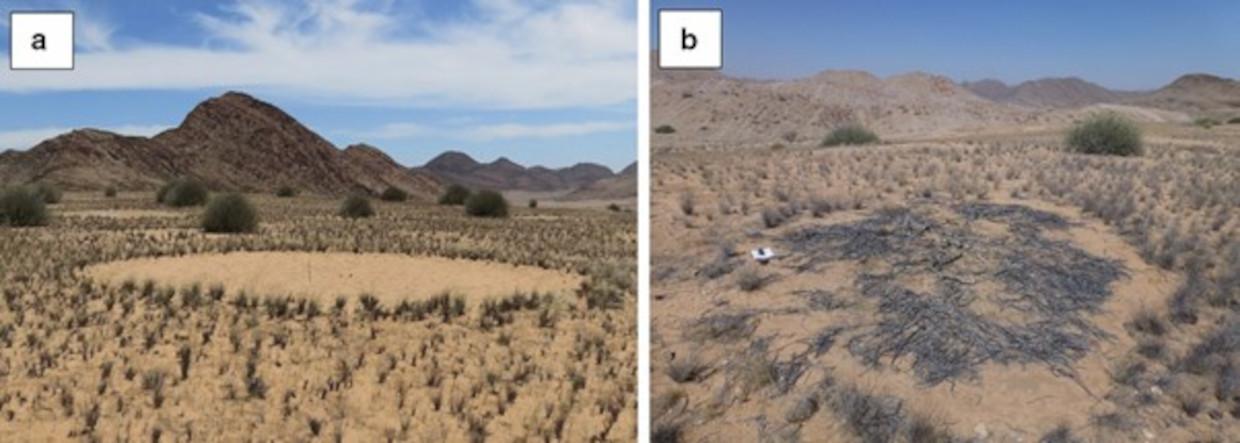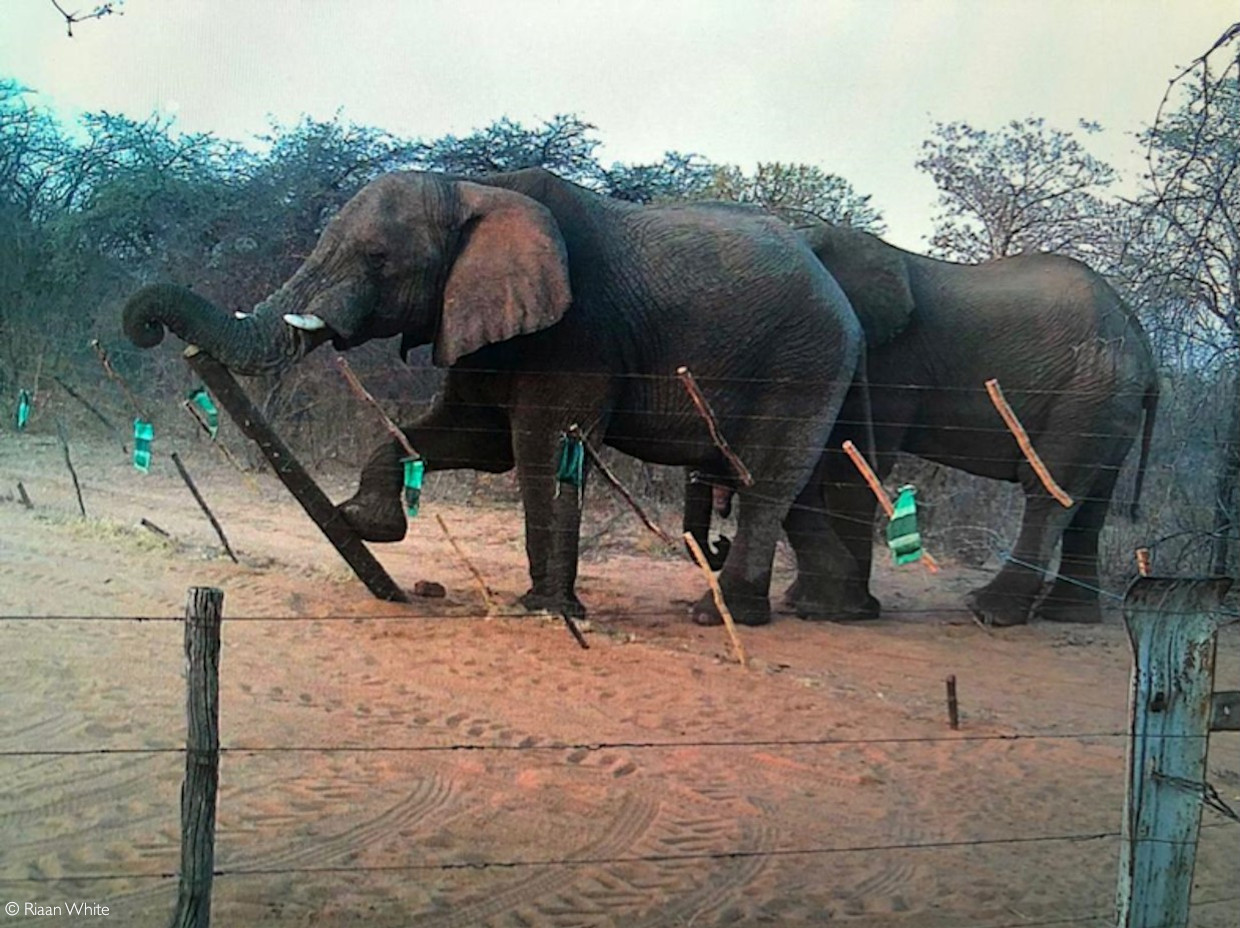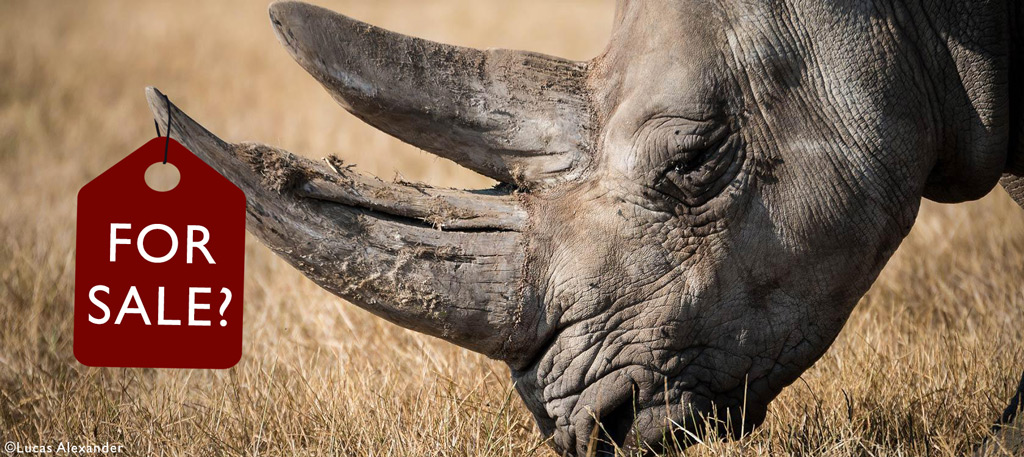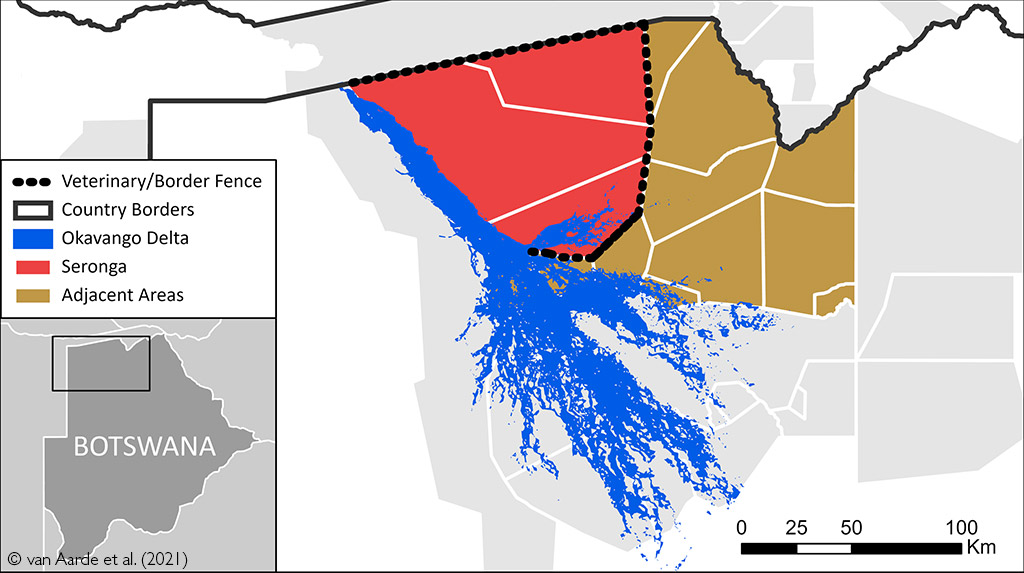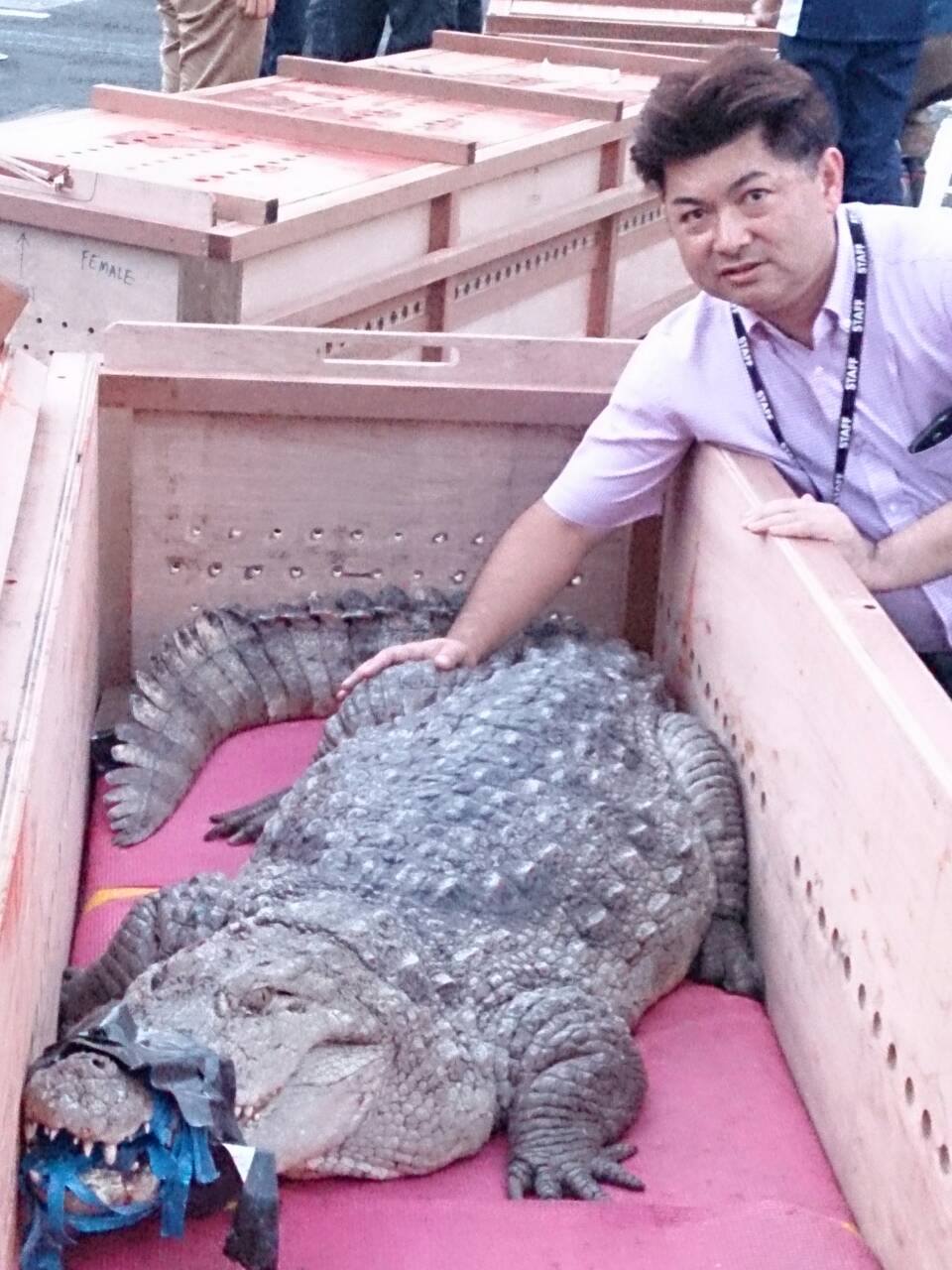Giraffe social structure is as complex as elephants’ – consisting of intricate communication, stable kinship groups and supportive mothering
Post Series Archives:
Population growth, exploitation and climate change: safeguarding Africa’s wildlife into the 22nd century
A study on population growth, resource exploitation & climate change highlights the necessary steps for preventing loss of wild habitats & species in Africa
Human-wildlife conflict: long-term trends in Namibia
Research in Namibia on the type & frequency of human-wildlife conflict incidents between 2001–2019 can aid in mitigating future conflict occurrences
Vanishing lions – a 75% decline in Africa’s iconic predators in just five decades
Africa’s lions are disappearing. New research shows that lion populations across the continent have declined by 75% in just five decades
The elephant in the room – how social media attention misses more pressing conservation threats
Social media impacts conservation. Research shows that the attention elephants receive on Twitter fails to address urgent conservation issues
The state of Africa’s rhino
Here’s our analysis of the IUCN report containing the most recent rhino numbers, trends, poaching incidents, conservation measures & trade updates
Human-wildlife conflict: The ones that got away from snares and shotguns
Scientists can now detect injuries from snares & shotguns on trophy-hunted lions & leopards – quantifying the extent of previously unreported human-wildlife conflict
Elephants that creep in the dark – how elephants distinguish between human activities
Chobe elephants have learnt how to change their activity patterns to reduce risk of human encounters – new research
Lions target particular types of cows – research
Understanding how predators select cattle for prey could help in protecting livestock from lions, mitigating human-wildlife conflict
Five years until the Kalahari’s hornbills start to vanish
Scientists have predicted that the Kalahari’s hornbills will start to vanish in five years – and climate change is to blame
Hawaii’s conspicuous African chameleons
How did chameleons come to evolve their kaleidoscopic capacity? Escapees from the 1970s Hawaiian pet trade may hold the answer
Kids eat first: research on wild dog feeding habits
New research shows that there is order in wild dog hunts. Painted wolf pups are the first to eat at a carcass.
Giraffe evolution – pieces of the puzzle
Under pressure – genetic research on giraffes reveals evolutionary secrets of how they cope with high blood pressure and maintain bone density.
Making Hippocrates proud: How animals self-medicate
Scientists have observed chimpanzees medicating the injuries of their peers – a behaviour never before witnessed in the animal kingdom
Kalahari’s overlapping cheetah litters
A cheetah mother has been observed simultaneously raising two cheetah cubs of different age classes – behaviour never witnessed in the wild
Elephant bulls – breeding and trophy hunting
Does the hunting of elephant bulls with large tusks lead to the decline of Africa’s tuskers? We examine the science
Keeping count – wildlife populations in Kruger’s private nature reserves
Associated Private Nature Reserves (APNR), part of Greater Kruger, completed their 2021 wildlife census. We analyse the ebb & flow of results
Farmed vs wild rhino horn – what the research tells us
Does farming of rhinos prevent illegal trade in wild rhino horn? Research into consumer preferences sheds light on the rhino-horn trade
Counting animals – the technology helping conservationists
Counting wild animals can be a complicated process, particularly when estimating populations in some of Africa’s massive protected wild areas
Caracals of Cape Town – navigating a landscape of fear
Caracals navigate the dangers of the urban Cape, attracted to the edge of urban spaces at a significant potential risk – new research.
Hope for African wild dogs? New report
Could we double African wild dog (painted wolf) numbers by 2050? With funding, collaboration and recovered territory, it’s possible.
More forest elephants in Gabon than previously thought – new research
Good news: there are more forest elephants in Gabon than previously believed – first countrywide elephant population estimate in 30 years
The emotions of human-wildlife conflict
Human-wildlife conflict – emotions and cultural significance attached to wild carnivores strongly influence mitigation strategies. New Research
Orange bat discovered in Guinea
A new (orange) bat species has been discovered in Guinea. With bright orange fur and black wings, Myotis nimbaensis is unlike any other bat
High society – spotted hyena inherit social networks
High-ranking spotted hyena cubs inherit a social network of allies which increases access to resources & breeding opportunities: New research
Poaching and tuskless elephants – the scientific confirmation
Ivory poaching selectively drives the evolution of tuskless elephants – new research confirms what many experts have suggested for decades
Sunbird feathers and the sweltering cost of beauty
Gorgeous iridescent sunbird feathers play an essential role in visual communication but could dangerously increase heat absorption – new research
Is lion hunting sustainable?
Lion hunting sustainability in Africa has been extensively investigated by pragmatic experts desperate to conserve our remaining wild lions
Hyena cubs infected by parasite ‘self-sacrifice’ by approaching lions
Funky fact: Hyena cubs ‘self-sacrifice’ by recklessly approaching lions if infected by a microscopic parasite. New research
Does tourism benefit local people? A Namibian case study
Does tourism always benefit local people? A new study of an established project linking Windhoek to the Zambezi region in Namibia suggests not
Chimps kill baby gorillas – observed for the first time
Chimps kill gorilla babies in two separate incidents in Loango National Park, Gabon – the first time the behaviour has ever been observed
Namibia’s livestock guarding dogs are saving cheetahs
Guard dogs are saving cheetahs, says new research based on livestock guarding dogs – because livestock losses have reduced by 91%
Wildebeest sleep and the mysteries of slumber
Wildebeest sleep for just four and a half hours in a 24 hour period – most deeply in the dead of night – says new research
The science behind rebranding wild dogs
Rebranding wild dogs (Lycaon pictus) – new research suggests that “painted dog” triggers the most positive reaction from humans
How the Kilimanjaro glaciers left truth in the cold
Kilimanjaro’s disappearing glaciers have been a symbol of climate change for more than than 15 years. Science says it is much more complicated.
Do tracking collars impact animals negatively?
New research indicates that animals fitted with tracking collars, experience no long-term, negative effects. Further research is needed however.
Lion farming and zoonotic diseases
The zoonotic diseases that lions carry and why lion farming is potentially harmful to human beings – new research
Four giraffe species, seven subspecies: new research
Giraffe – four species and seven subspecies the correct division – says new research
Banks must help fight illegal wildlife trade
Banks can help fight illegal wildlife trade but their failure to identify the financial footprints of poaching syndicates results in lost opportunities to disrupt trade – new research
Changes to CITES listing process recommended
CITES listing process needs to change with careful consideration given to the complicated set of conservation implications for each species.
Elephant range is just a fraction of its potential
Africa’s elephants occupy just 17% of their possible range, their historical areas fragmented by human activity. There is potential for expansion – new research
African grey parrots in traditional medicine
African grey parrots are targeted for medicinal and spiritual practices in West Africa. The trade is a significant threat to grey parrots – new research
Forest elephants – vanishing ghosts
Forest elephants have finally been granted species status (something scientists have known for decades). With this has come the appalling IUCN classification of ‘critically endangered’
Fairy circles – ghostly footprints of dead Euphorbias
Fairy circles – Euphorbia toxins are responsible for the bizarre fairy circles that have baffled and fascinated scientists – new research
The story behind the Namibian elephant auction
Namibian elephant auction: We look at the background, reasons and context of the controversial sale by auction of 170 wild-caught elephants
Does the farming and legal trade of wildlife do more harm than good? New study
Farming and legal trade of wildlife could increase demand for wildlife products and so be negative from a conservation perspective – research
Did fences cause the elephant deaths in Botswana?
New study examines whether fences could have impacted the elephant deaths in the Seronga region of Botswana in mid-2020.
Spotting elephants from space
Artificial intelligence and satellite images can help conservationists count elephants from space, says new research.
The extinction business – South Africa’s cold-blooded reptile trade
South Africa’s amphibian & reptile trade is a growing industry that is unregulated, unsustainable, and unethical – says report
Arch-enemies? New research on lions vs hyenas
Lions vs hyenas is the ultimate African drama. New research has shed light on the dynamics between these two apex predators

